To say Credit Suisse is mired in scandal is an understatement. For years it’s been wading through corruption issues, bankrolling criminals and despots, and battling accusations of spying on staff. Unsurprisingly, given the Swiss bank’s unusually high appetite for risk, it’s also at the centre of the climate crisis, perpetuating the growth of new, conflict-laden fossil fuels.
There can be no new coal, oil, and gas development this year if we are to reach net-zero by 2050, a standard that Credit Suisse is carelessly disregarding through its fossil fuel policies, which remain some of the weakest in Europe. Since 2016, Credit Suisse has pumped $18bn into oil and gas clients that are still exploring and drilling for more fossil fuels, and actually increased its oil and gas expansion lending in 2021.
Of particular note for investors is the fact that the bank’s current disclosures and targets dangerously ignore the bulk of its financing to the oil and gas sector. ShareAction estimates that 77% of its financing to the top oil and gas expanders is in the form of capital markets activities. But typical of a Swiss bank, it’s keeping this hidden.
So what can investors do about it?
ShareAction has been joined by Ethos Foundation and 11 institutional investors, including PUBLICA (the Swiss federal pension fund), and Pensionskasse Stadt Zürich (the pension fund of the city of Zurich) in filing a shareholder resolution at the bank.
Specifically the resolution asks for further disclosures on Credit Suisse’s strategy to align with the 1.5C goal of the Paris Agreement, specifically with respect to the bank’s short, medium and long-term strategy to reduce its exposure to fossil fuel assets.
The Swiss are not known for their transparency, and the secrecy of the country’s banking system is a well-known secret itself. That’s one reason why voting for this resolution is in investors’ interests. It forces the bank to be transparent, to come clean about the risks it faces. It helps responsible, long-term investors see where the problems are and produce a strategy for the bank to catch up with its peers on the greatest risk of our time.
Shareholders have spent over five years engaging with the bank on climate issues, through private and public letter writing, investor-backed questions at AGMs, sit-downs with senior management as well as sustainability staff. And Credit Suisse is resistant. So this is not a cheap-shot tactic, but an escalation of long-term stewardship and engagement that aims to improve the bank’s reputation, sustainability, talent retention (the bank is haemorrhaging senior staff), and share price (which has taken a 70% hit in the past decade).
The Putin100 campaign shows that Credit Suisse is the ninth most exposed bank to Russian fossil fuels. Economically speaking, any bank that is still financing the growth of fossil fuels is a risky bet that investors can’t afford. Putin’s illegal and brutal war has shown that time and time again, fossil fuels cause conflict, war, instability, and political upheaval. The war has exacerbated stranded asset and transition risk, with companies ditching Russian fossil fuel assets and governments speeding up their move to renewables, which are the only safe alternative.
The banking sector is a particularly high risk sector for investors looking to manage the risks in their portfolios. Moody’s investors found that banks are set to lose $13.8 trillion if they don’t manage the risks of climate change properly. Banks, as providers of capital, have the ability to dial up climate risks through the financing of fossil fuel proliferation. But they also have the power to help protect portfolios from climate risk through phasing out fossil fuel financing and transitioning it to greener energy solutions.
Investors in Credit Suisse, the climate crisis is the greatest risk of our time. You have a huge opportunity ahead of the AGM on 29th April to vote for this resolution. Prove to your clients that you really take your net-zero commitment seriously. Don’t end up in the annual list of investors being shamed for greenwashing, for failing to vote your shares appropriately and responsibly in line with your climate statements. Help Credit Suisse get out of the mud, ditch its risky behaviour, and start afresh with a bold commitment to phasing-out the financing of fossil fuels in line with climate science.


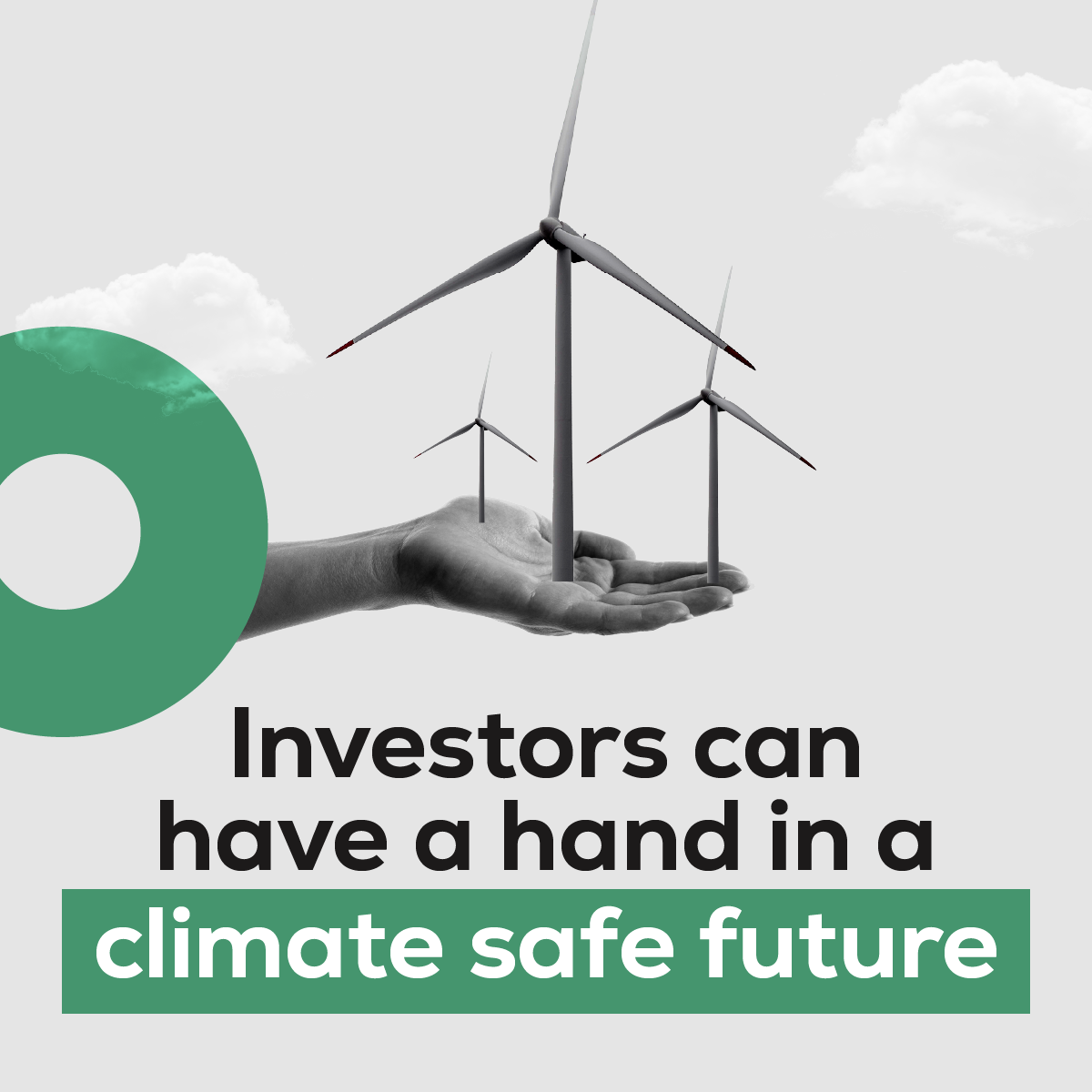


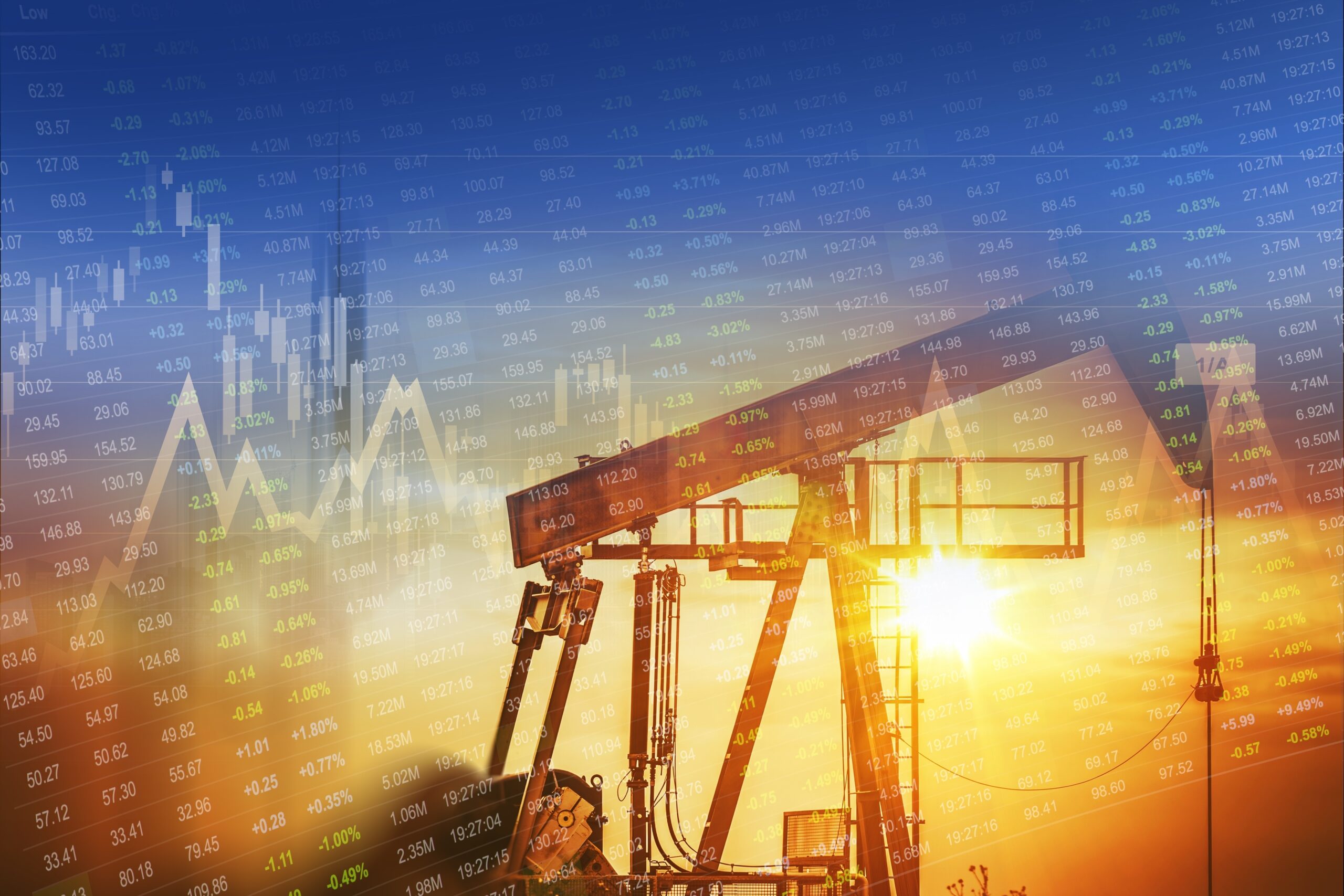
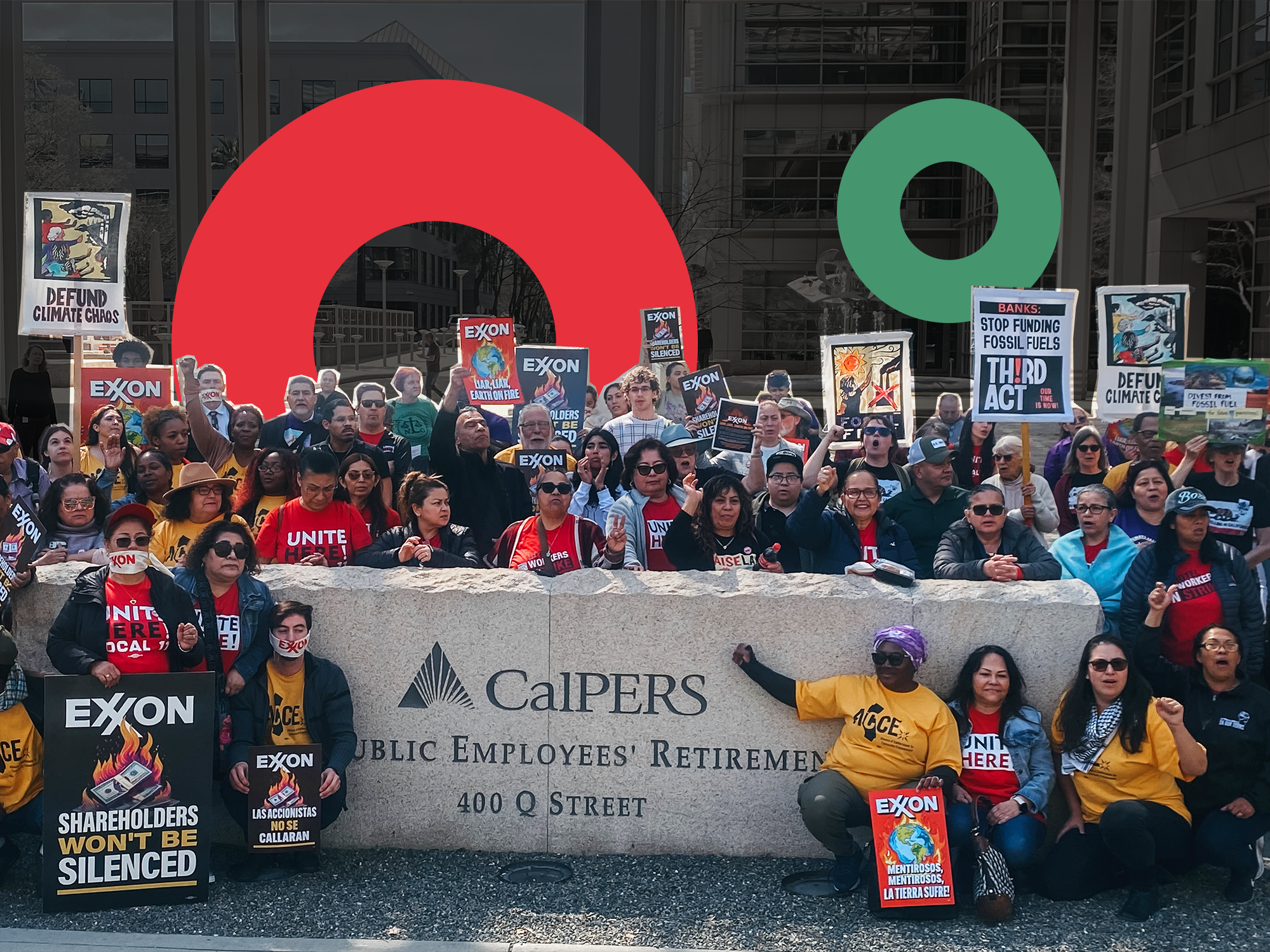
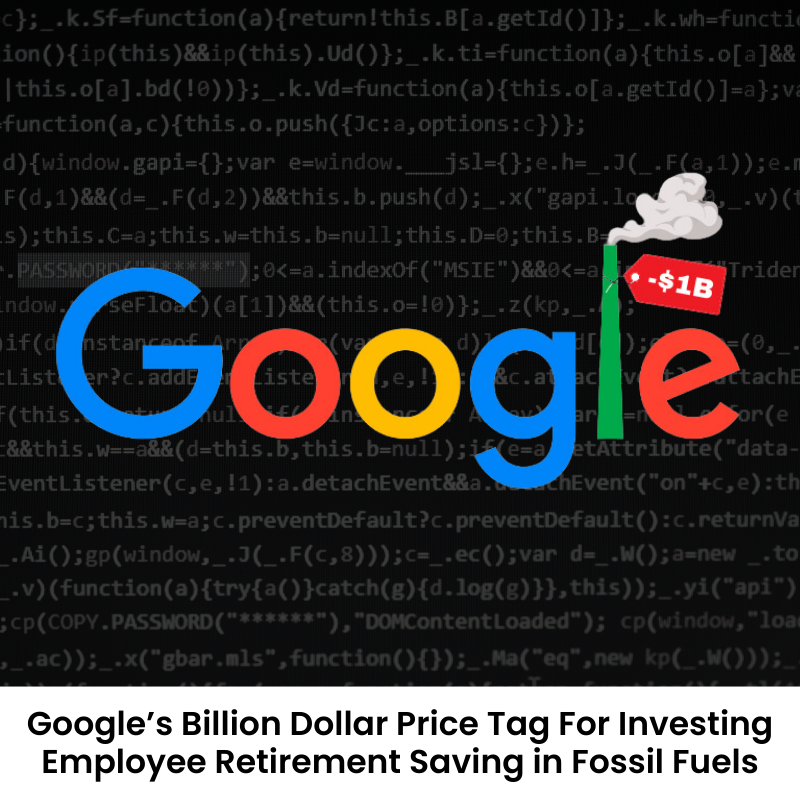
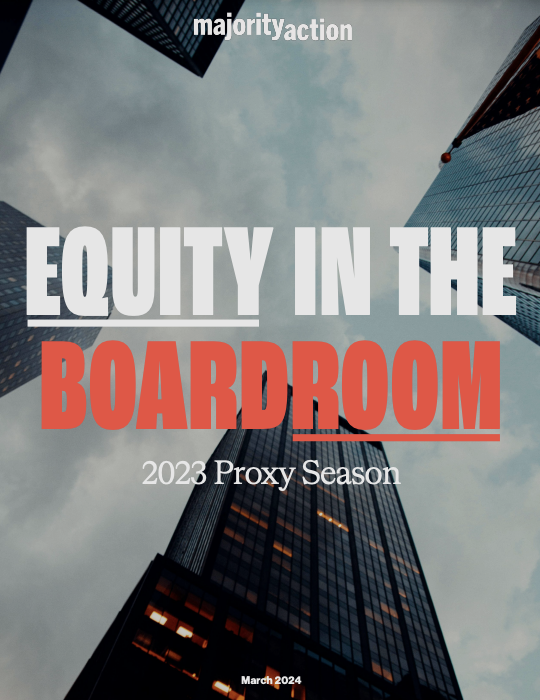
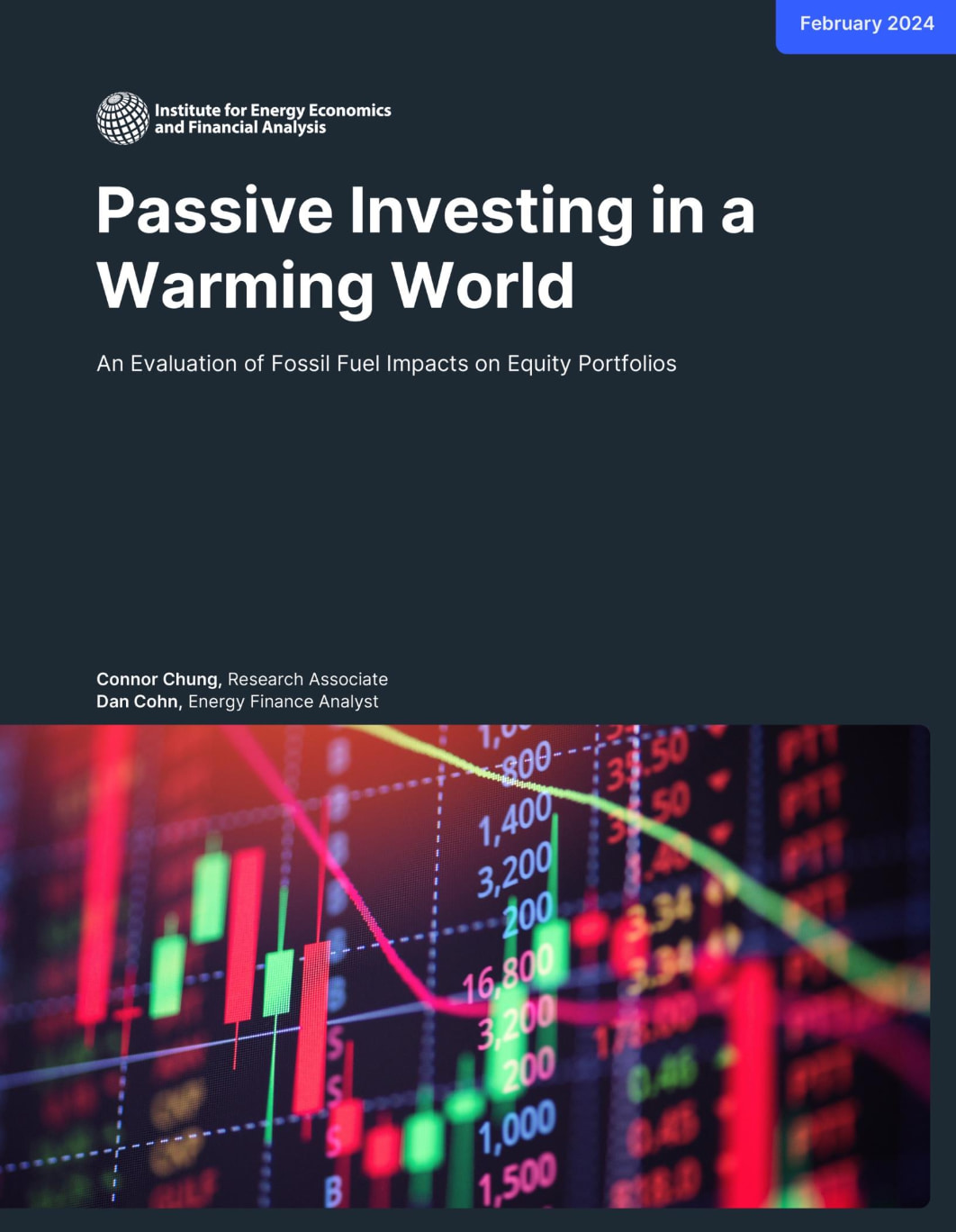
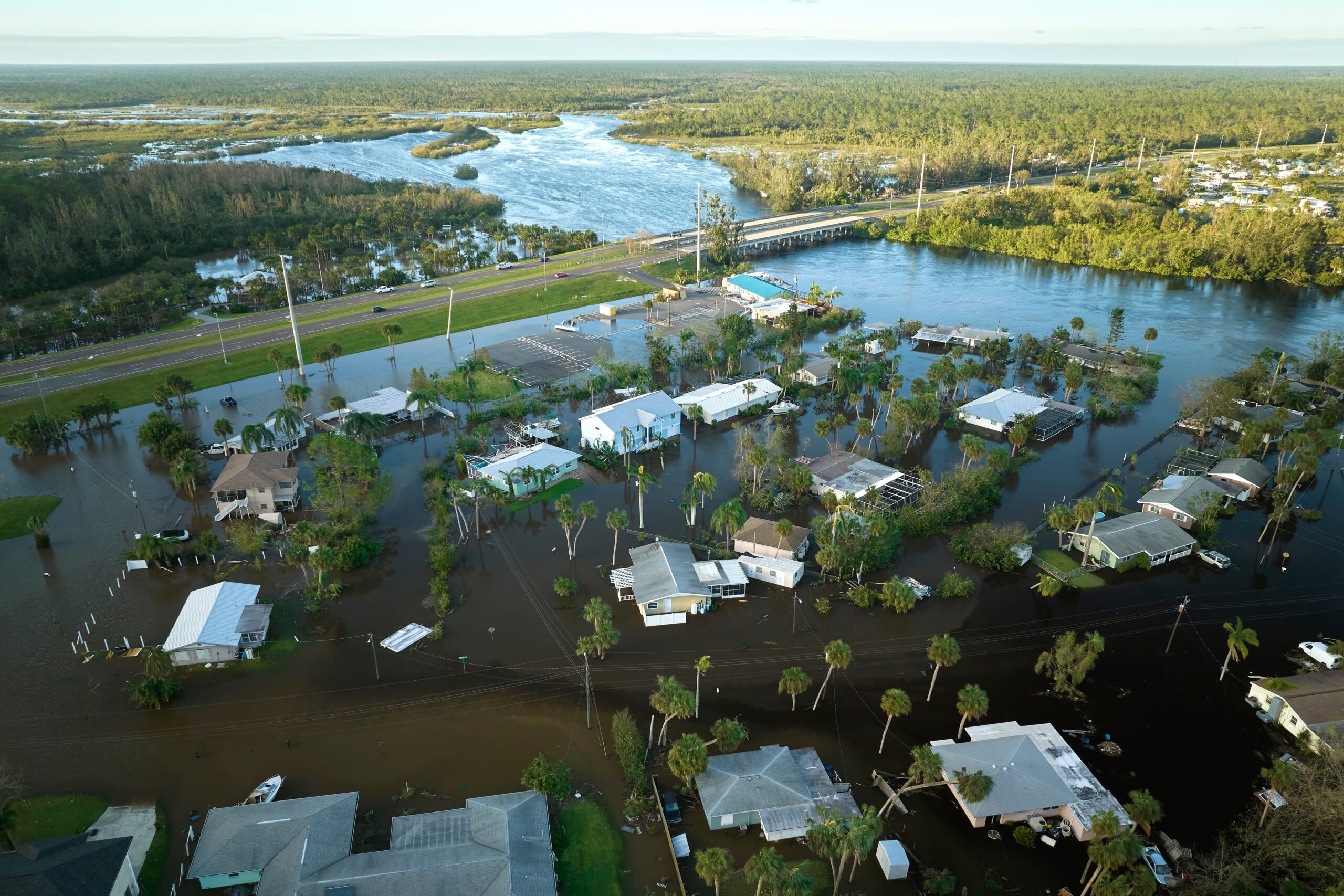
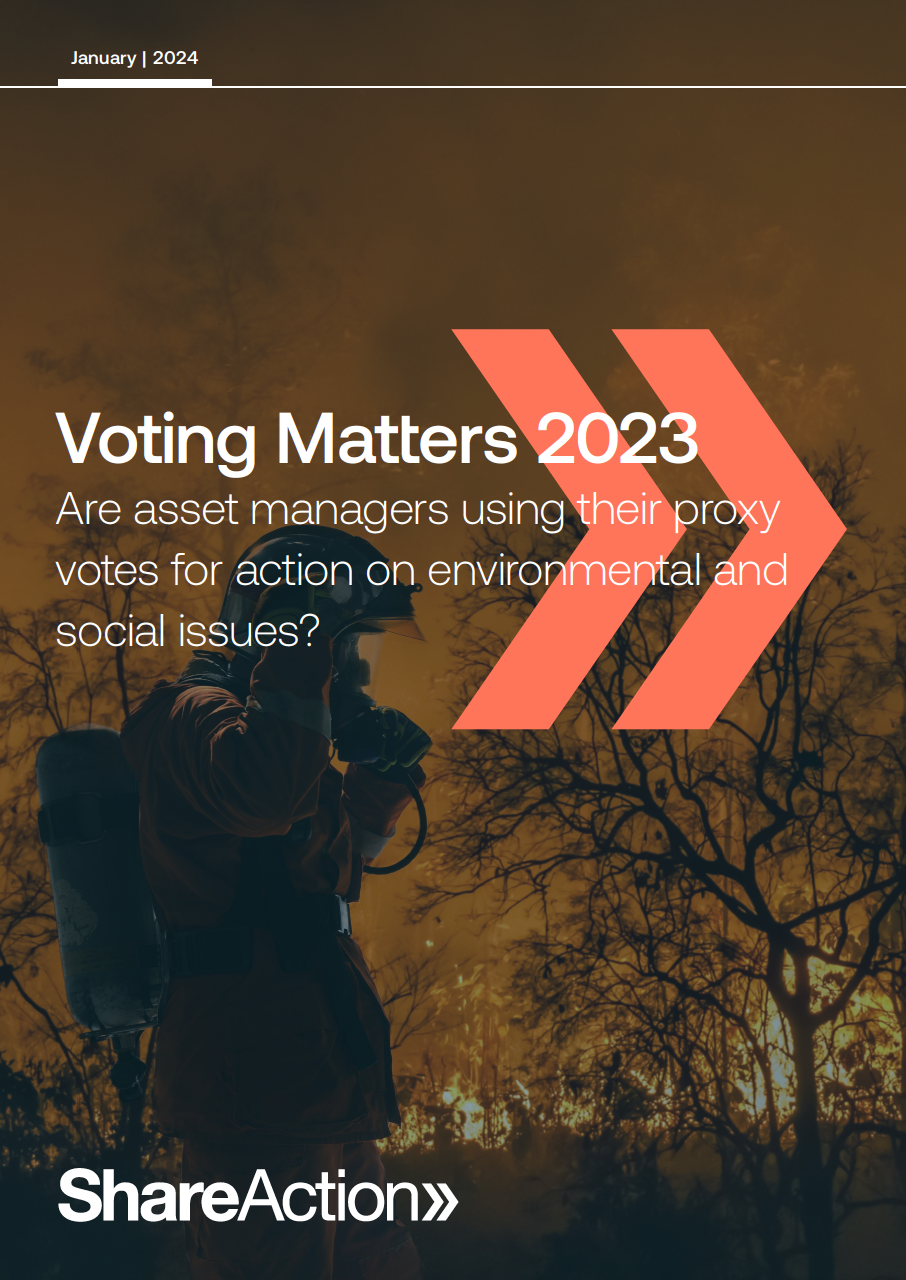
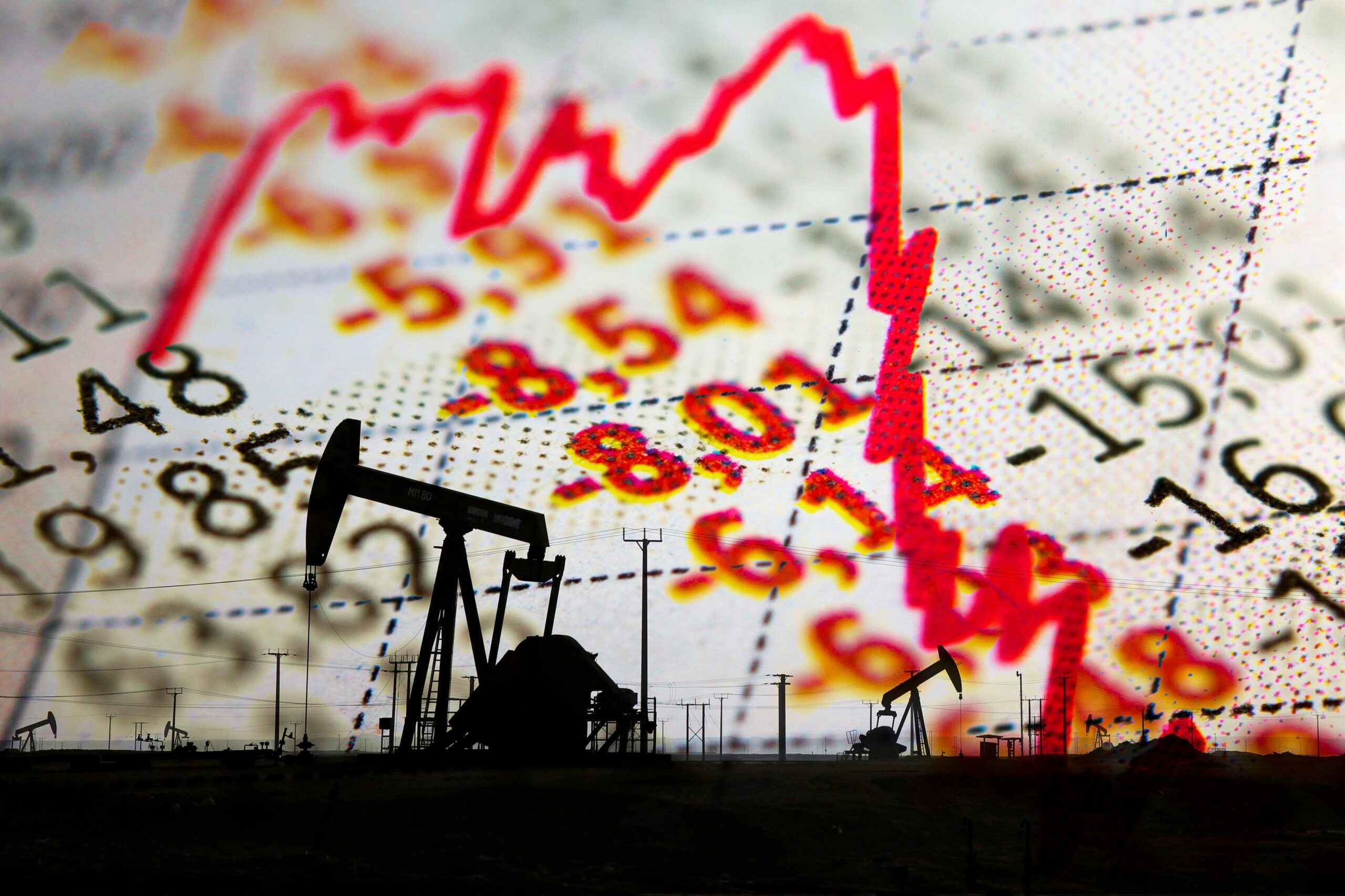
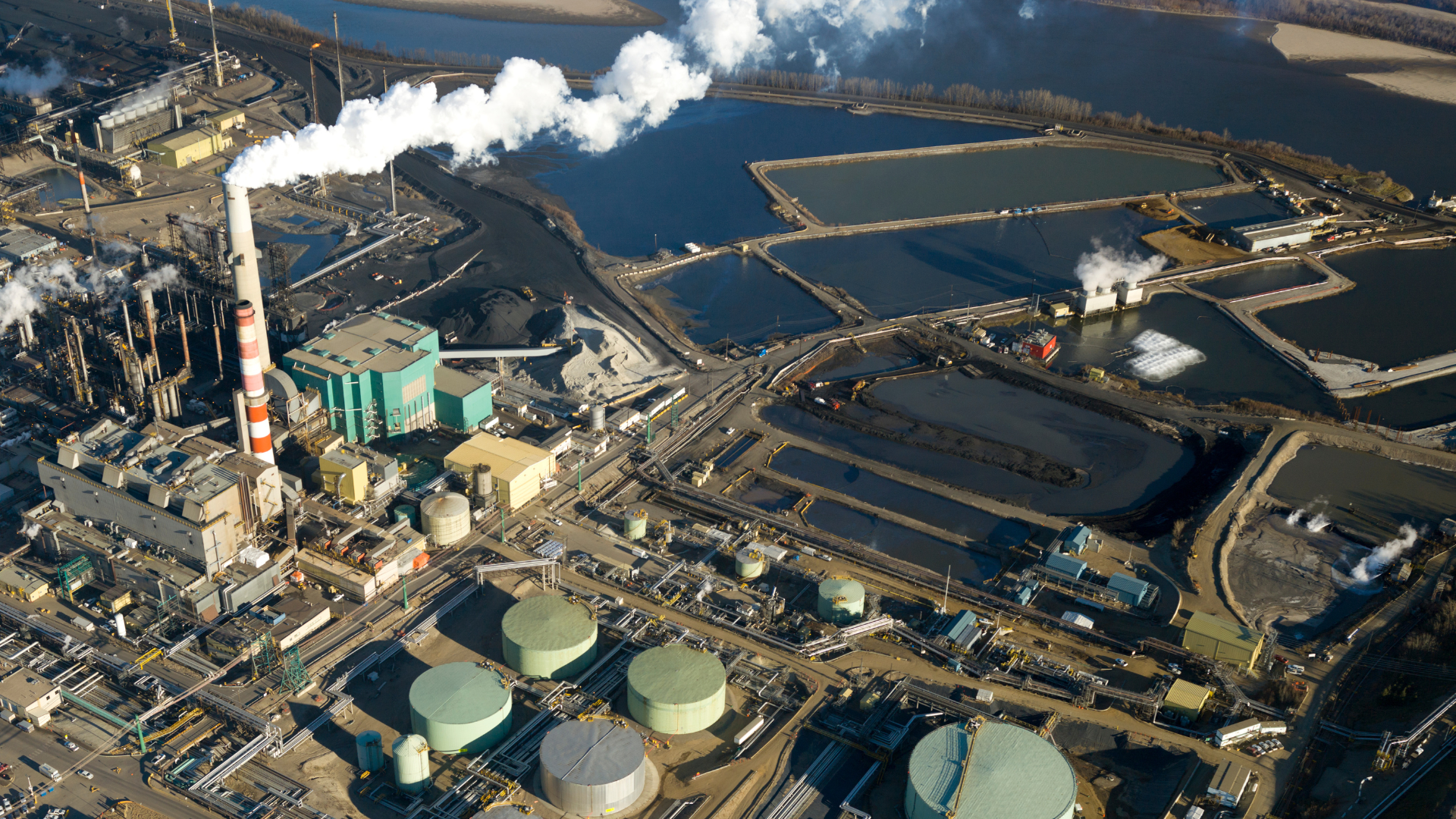
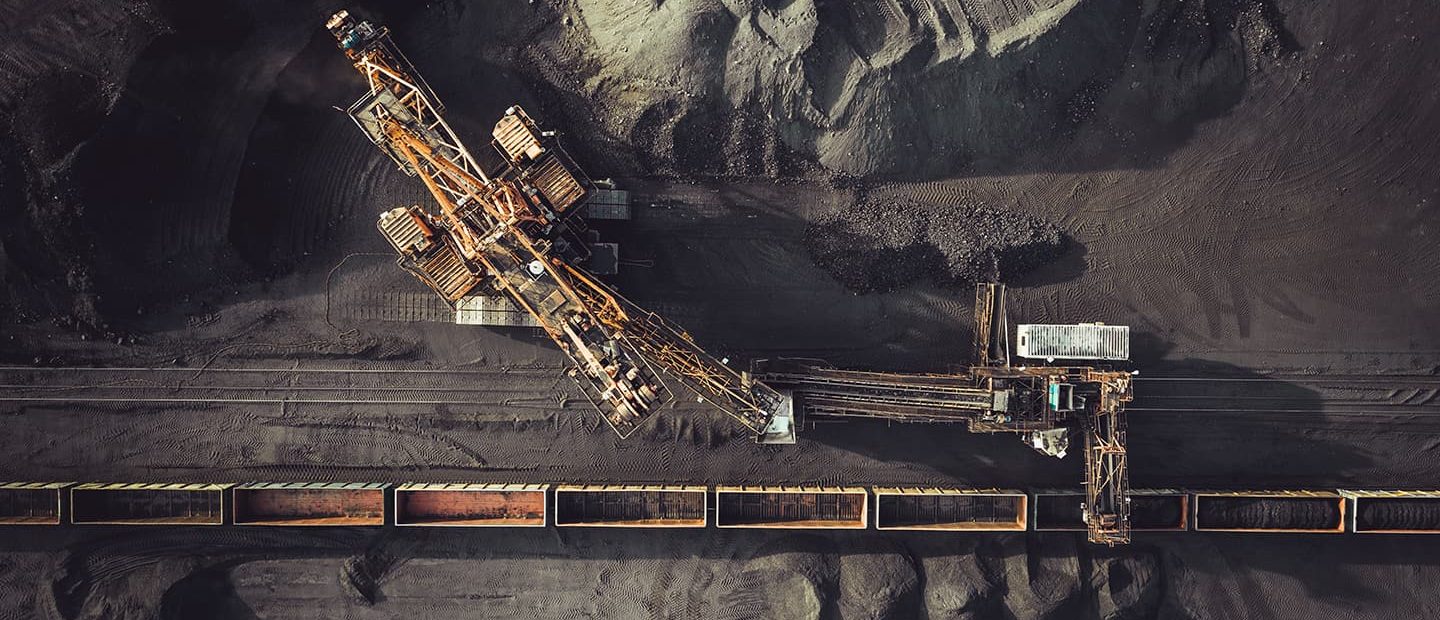
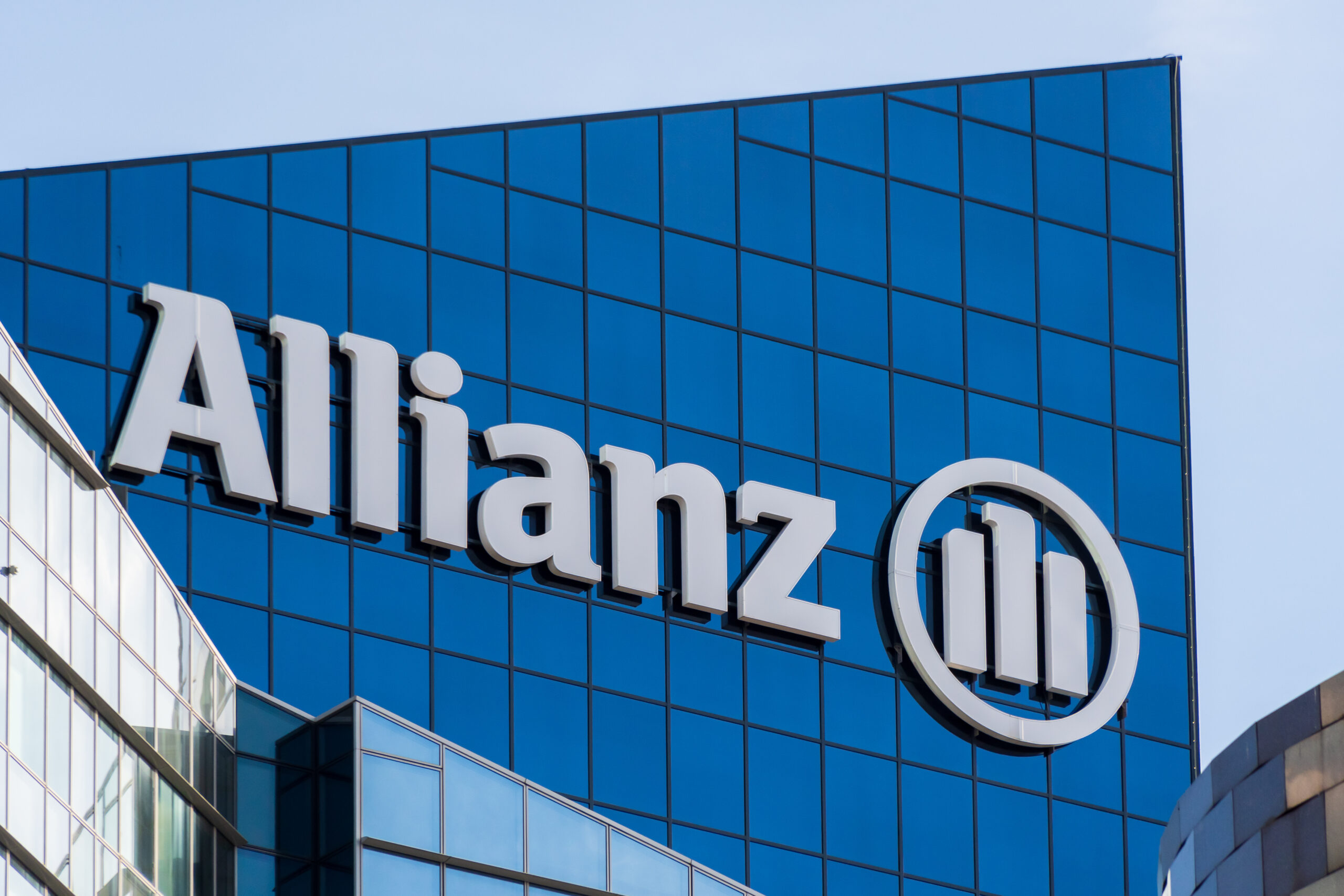
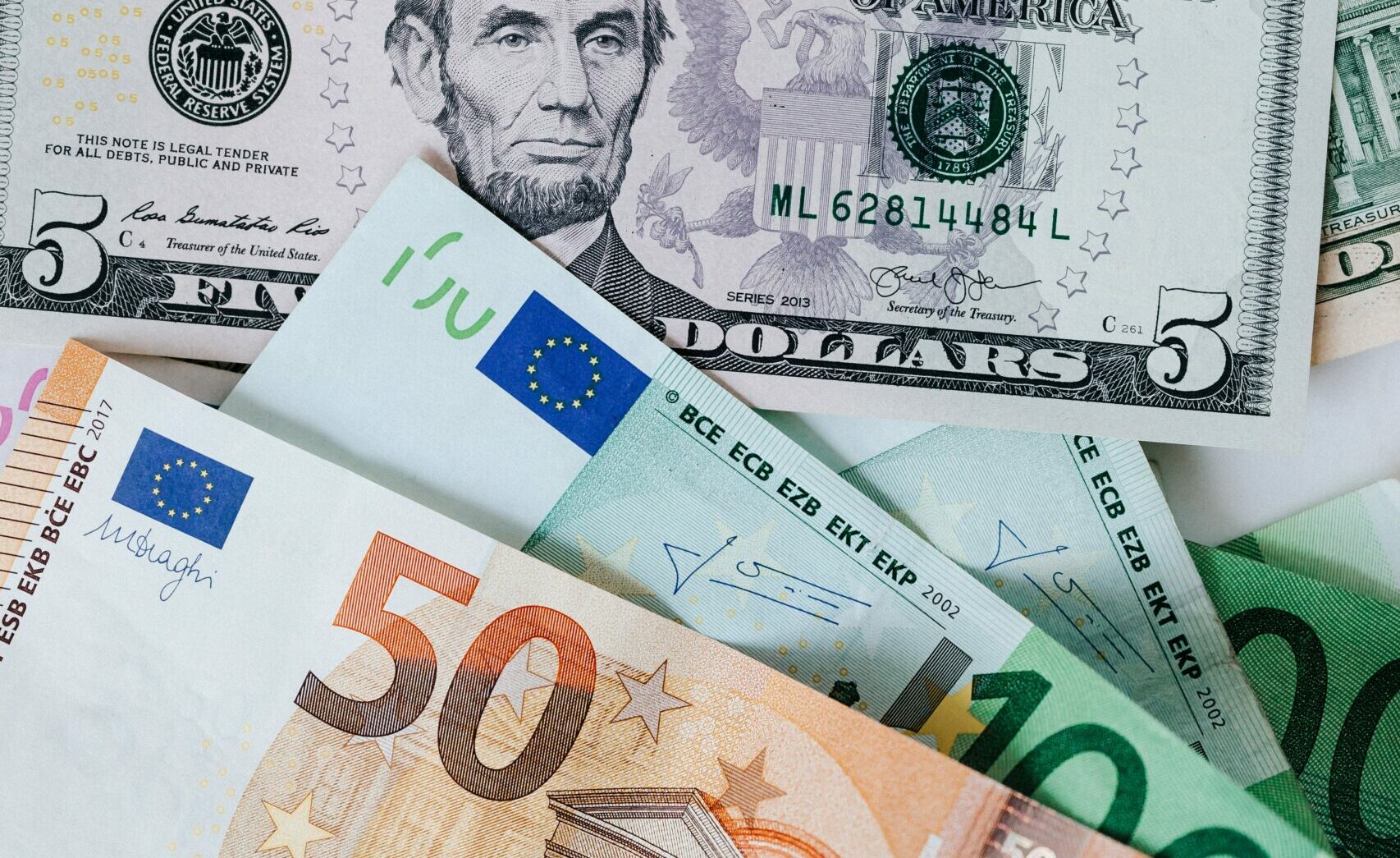



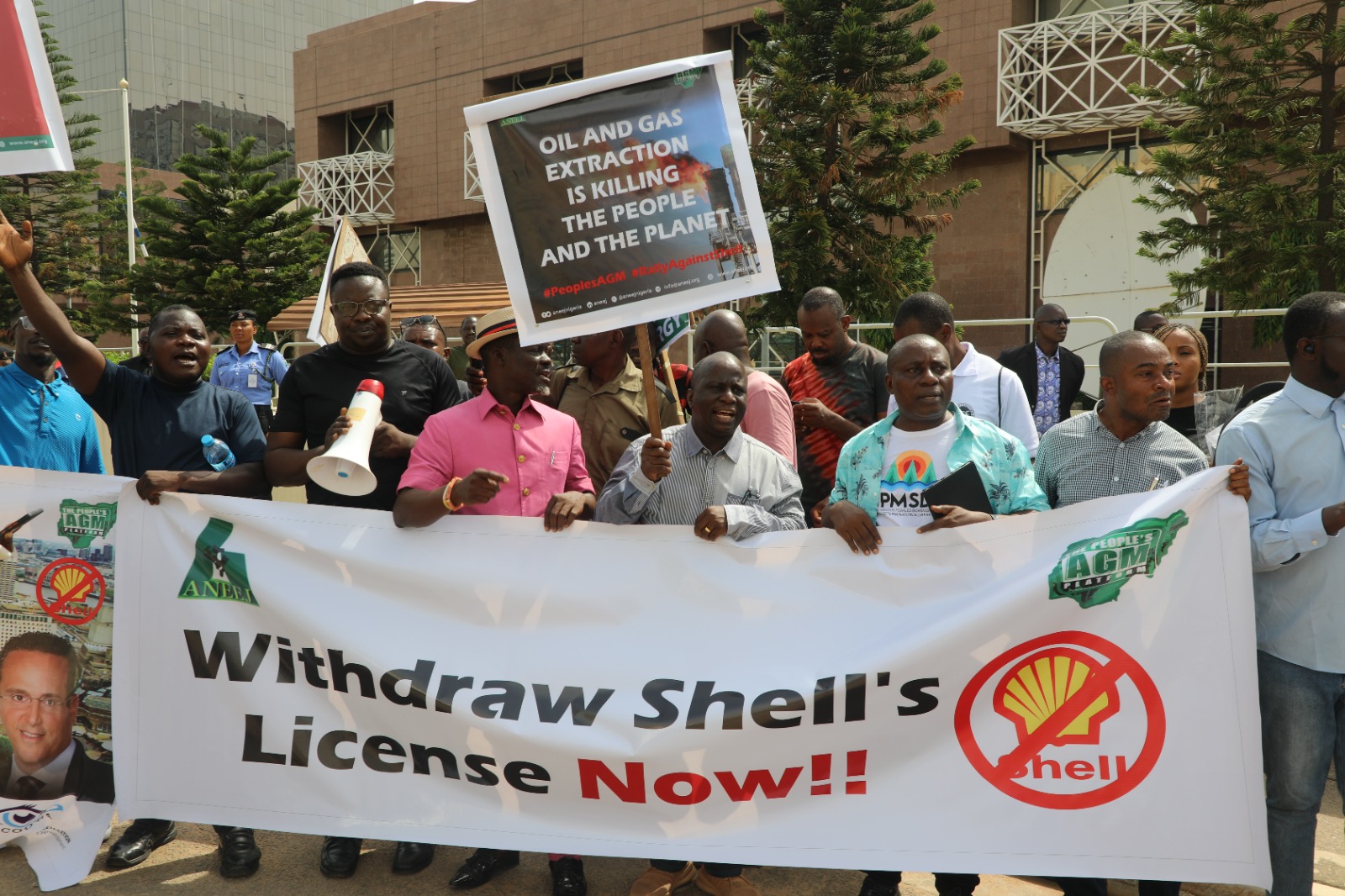


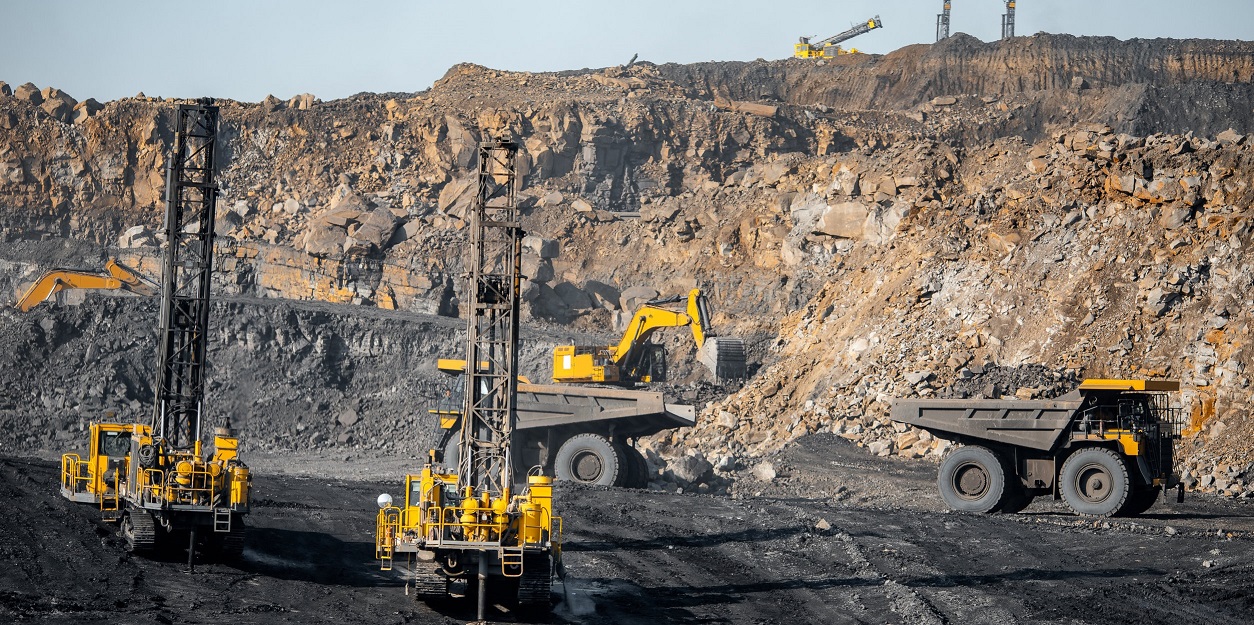





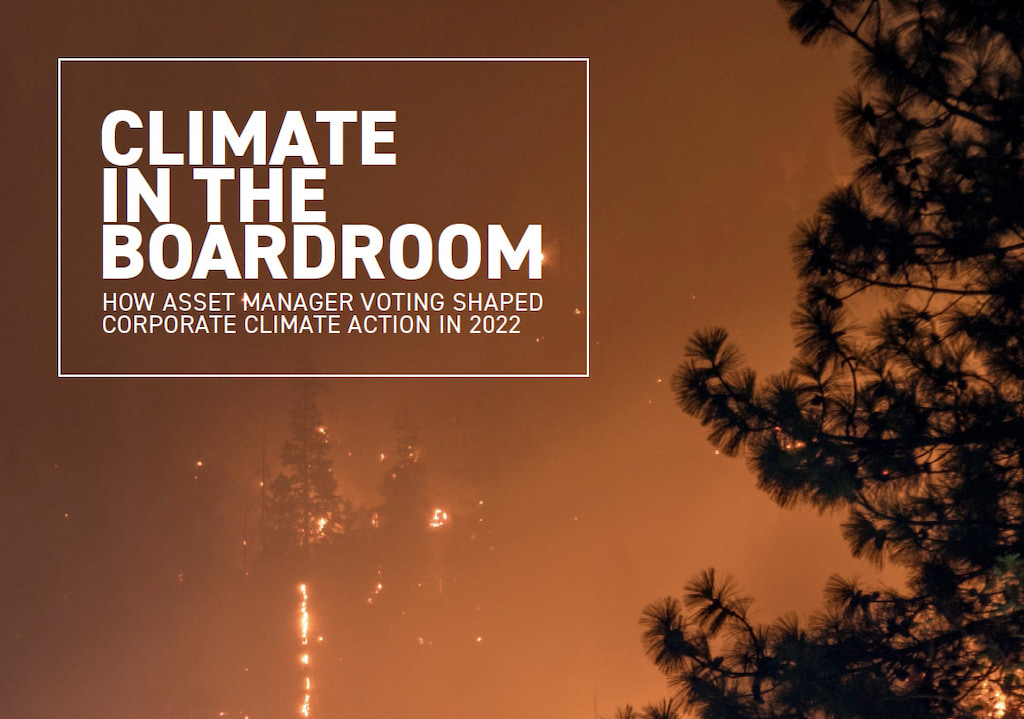
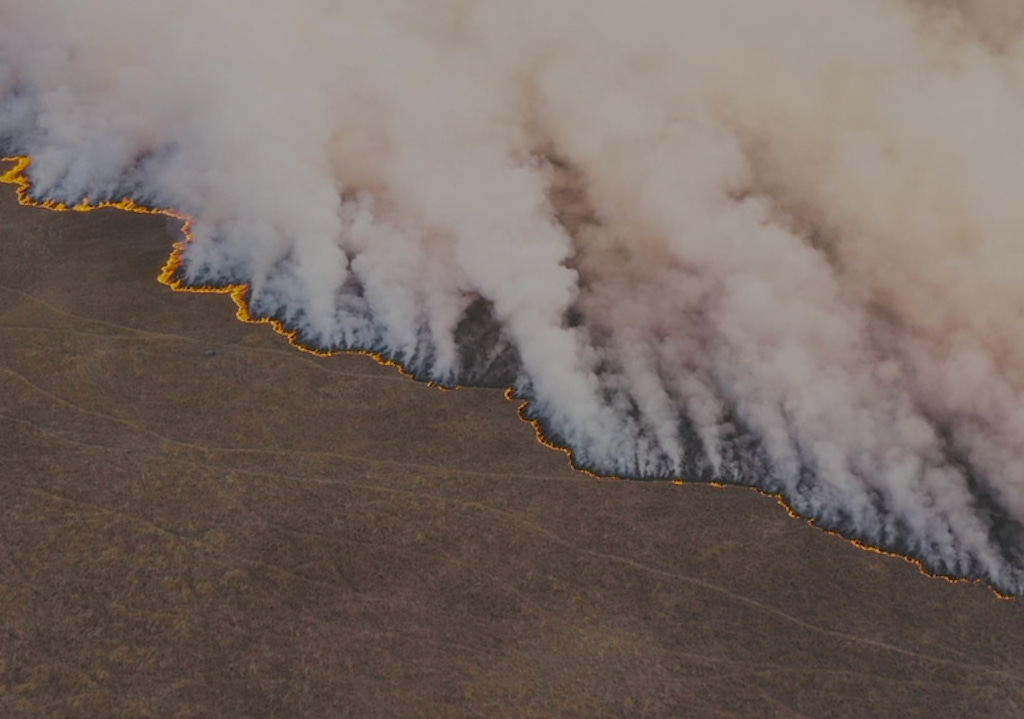

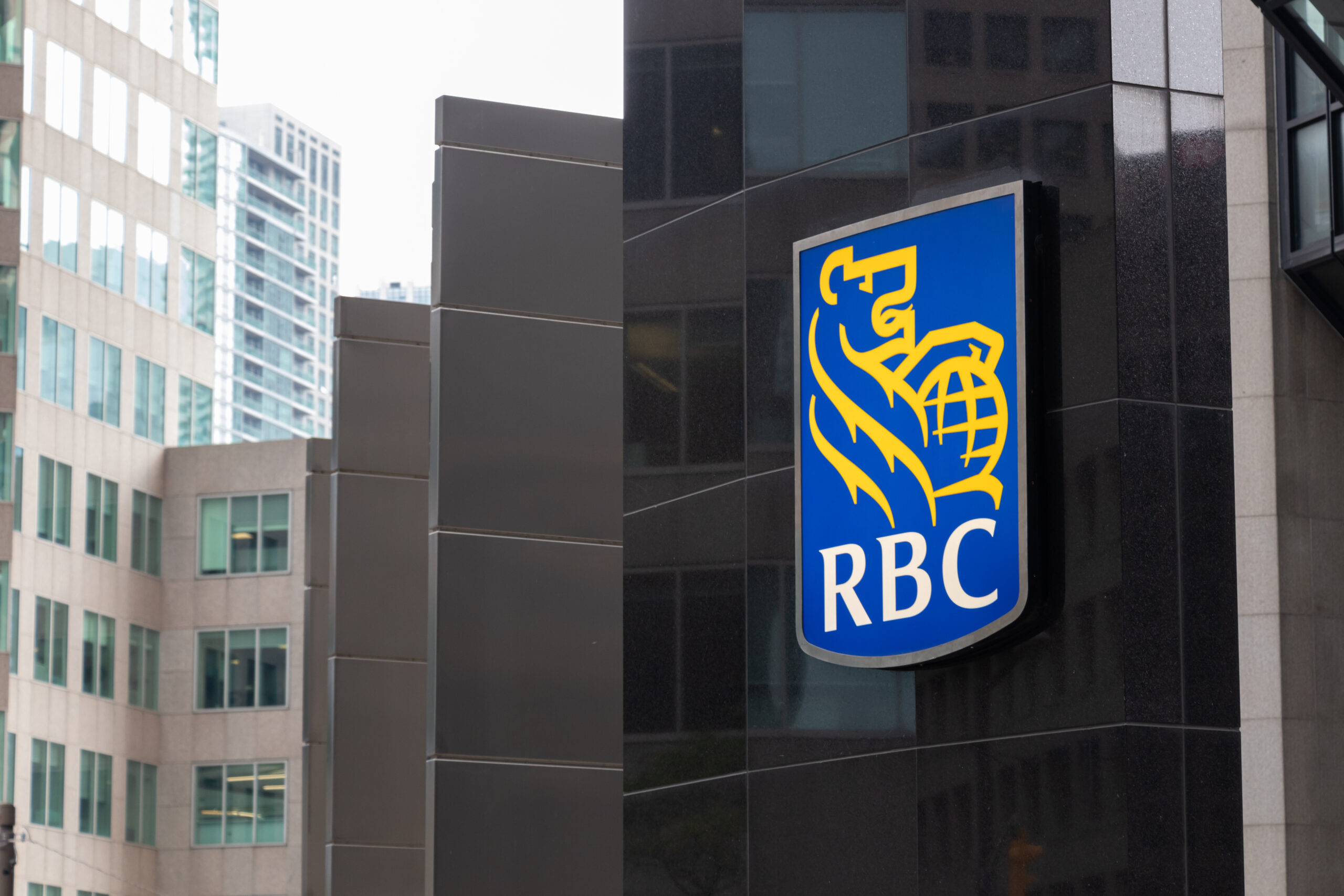

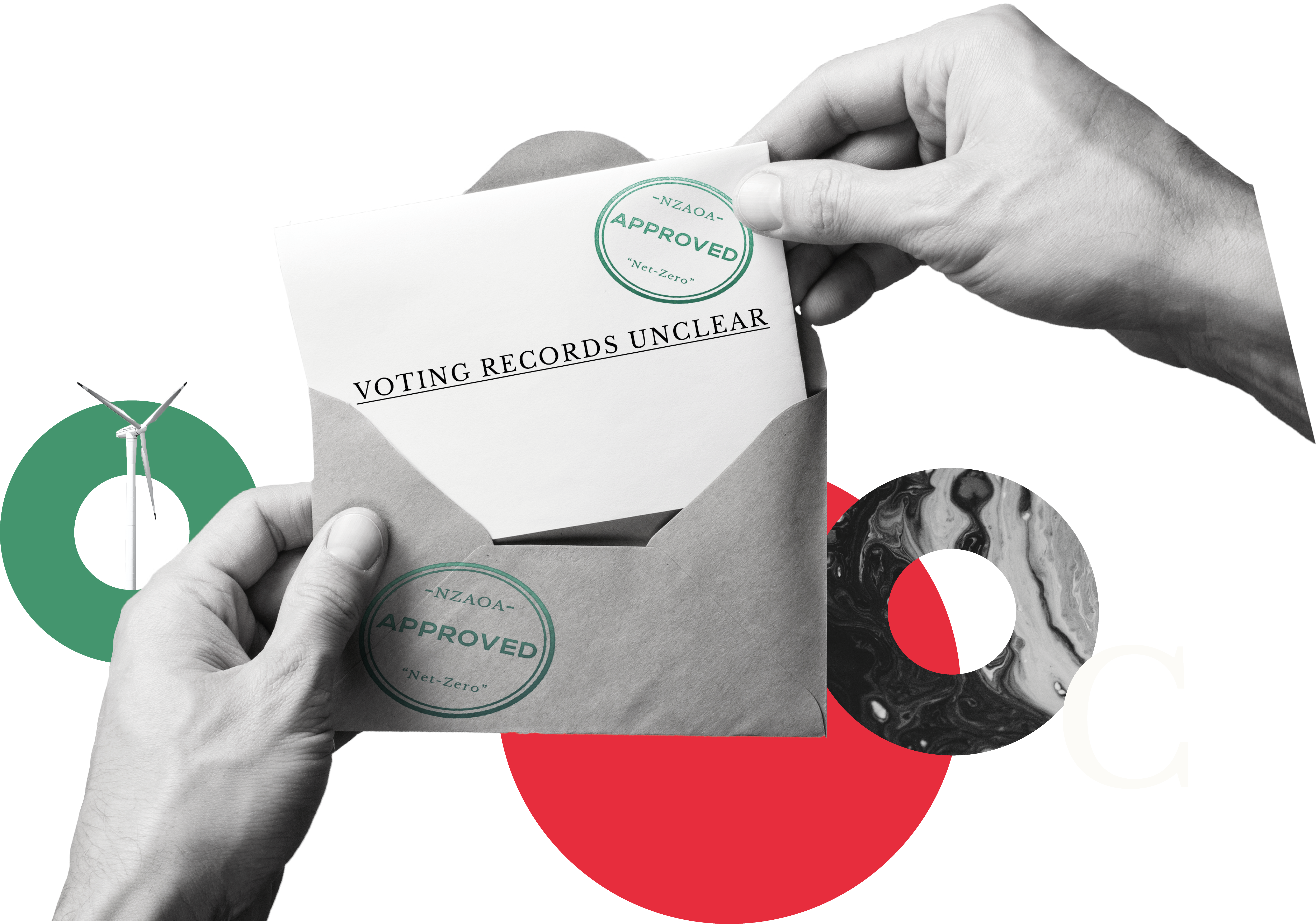

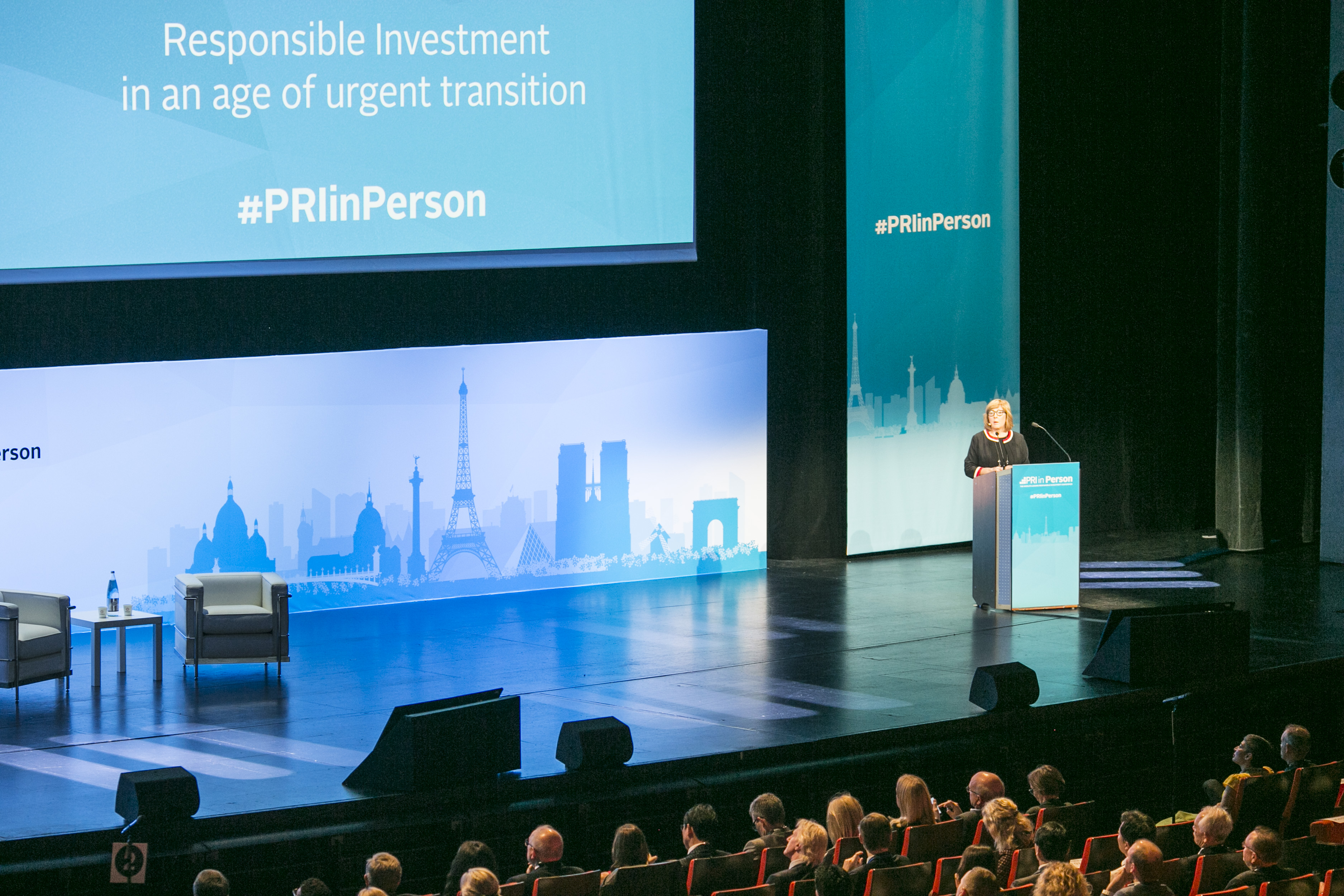
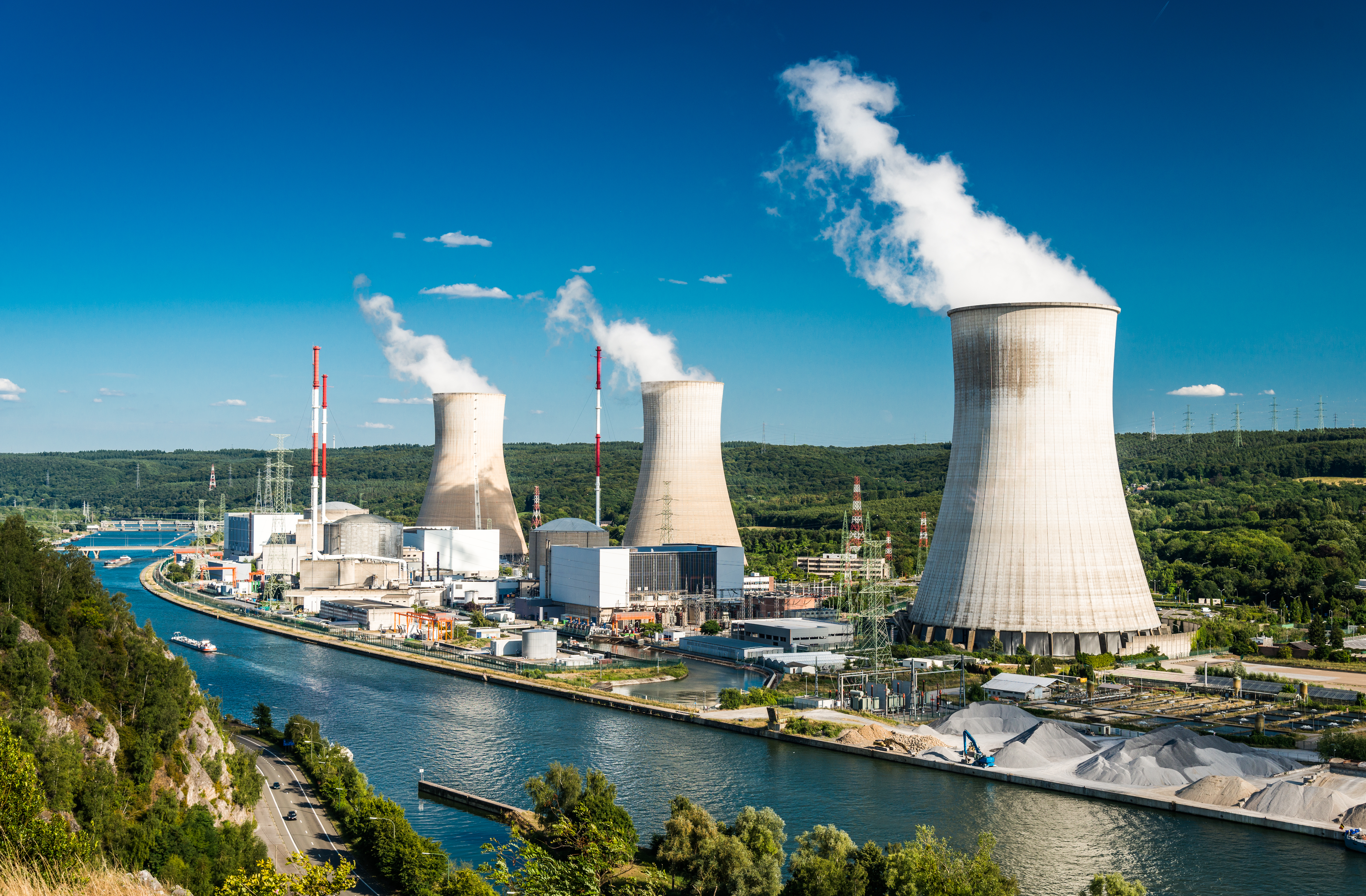
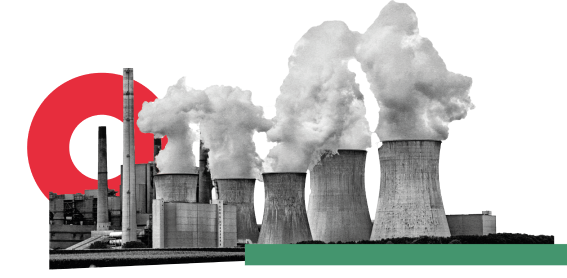


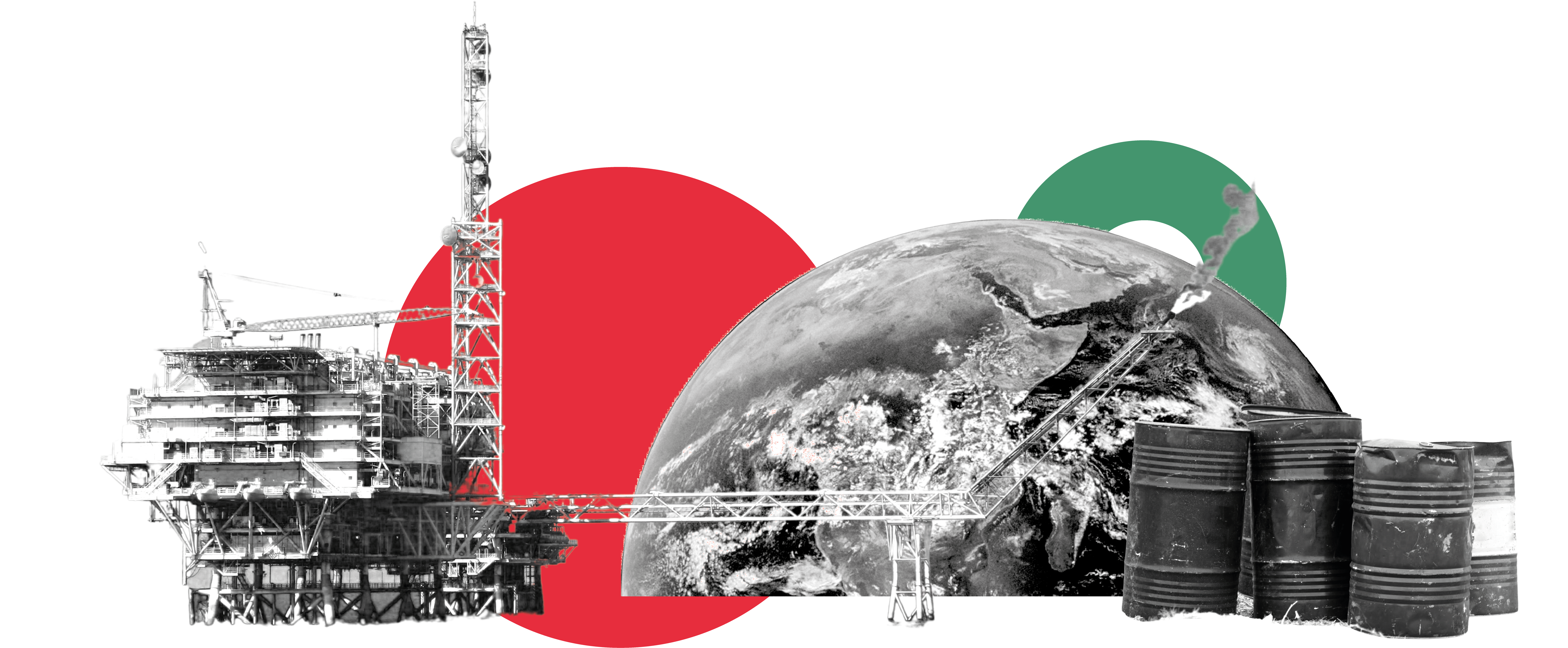

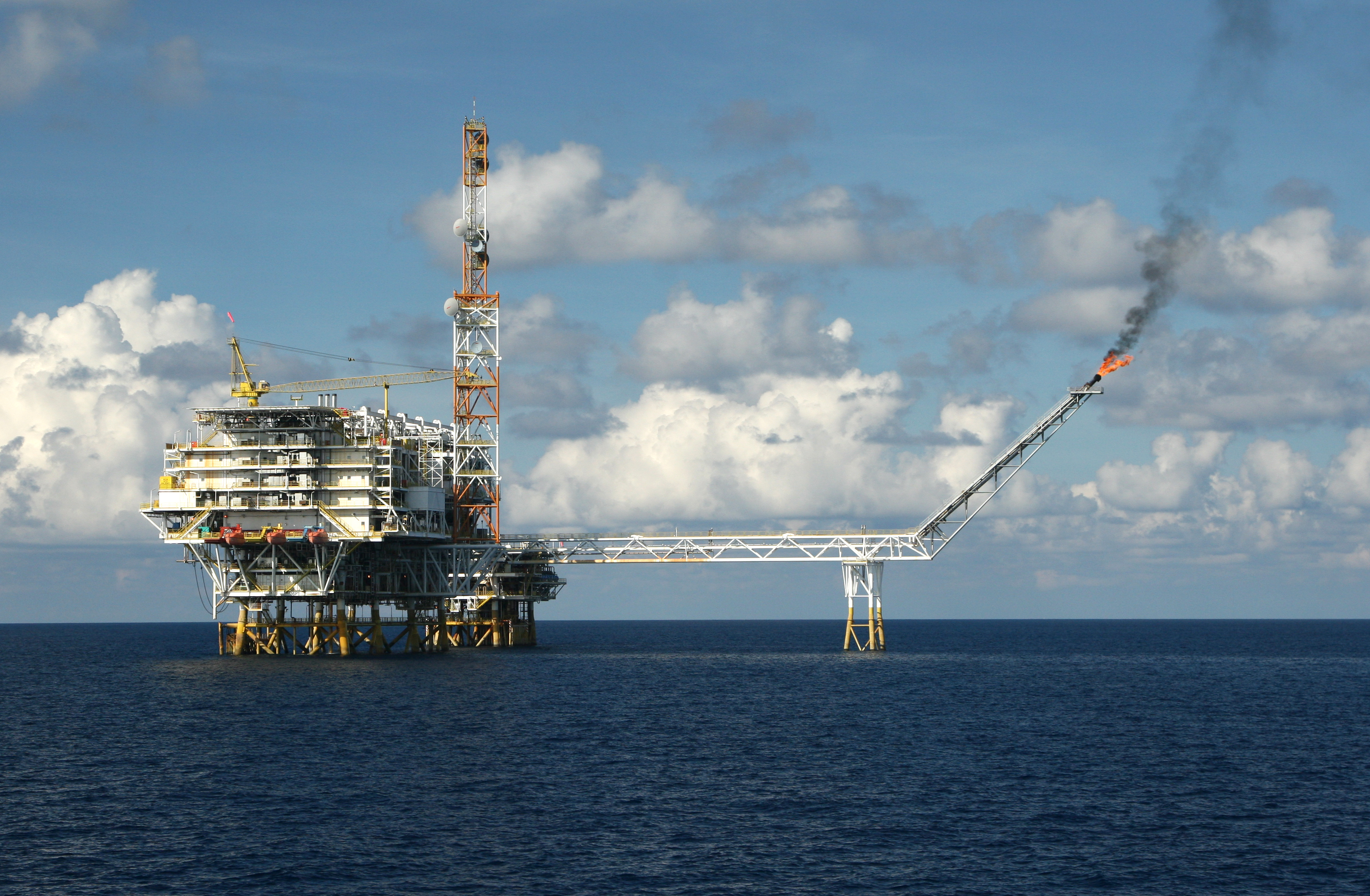
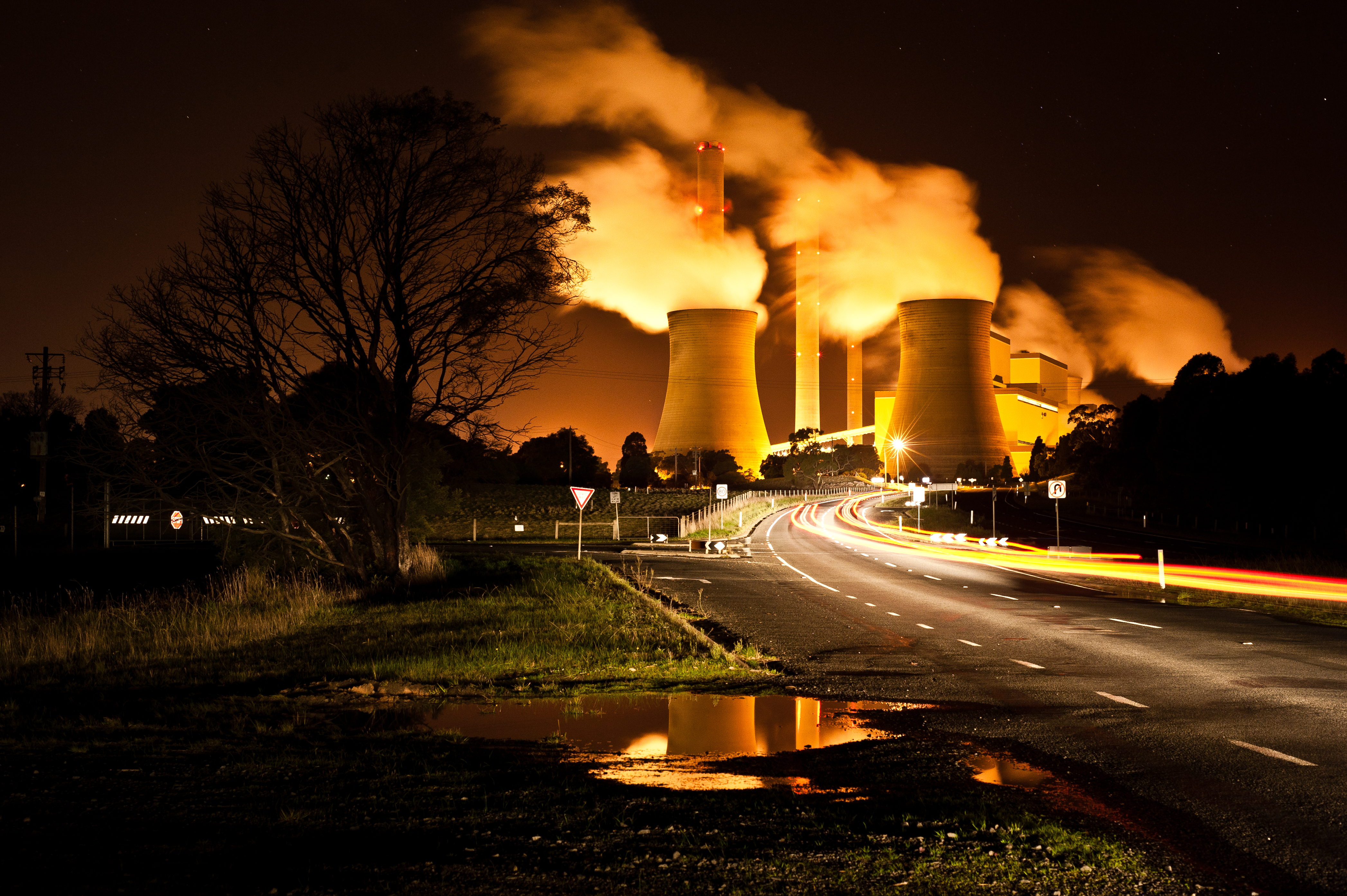
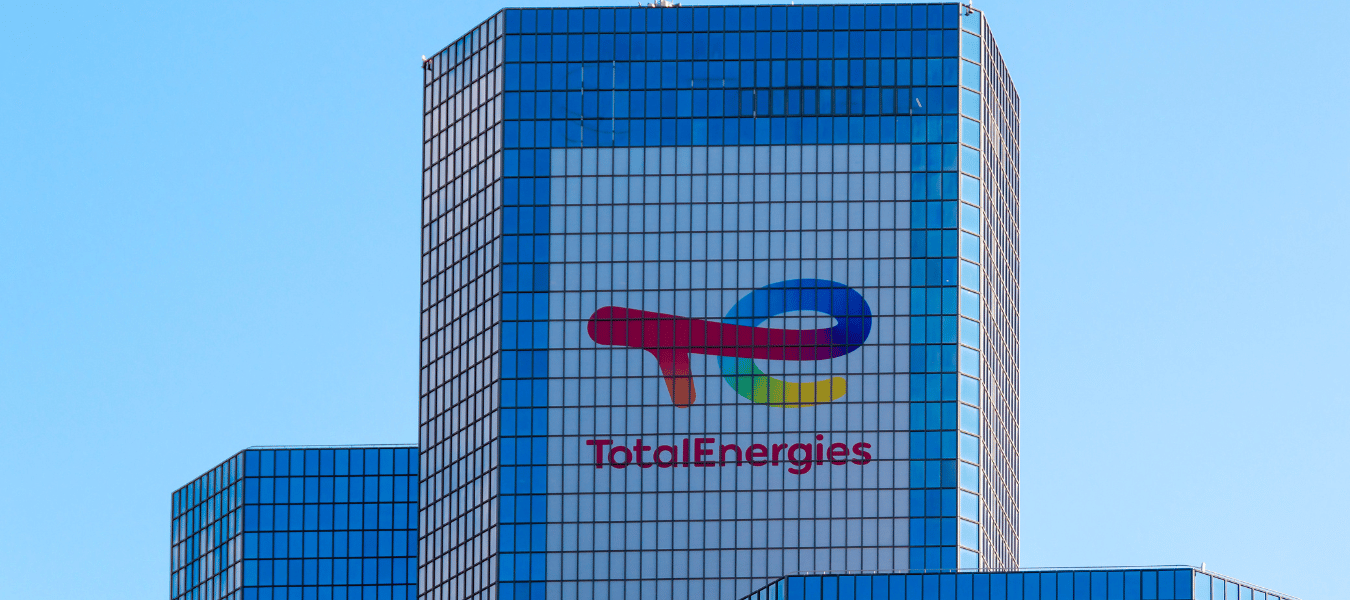
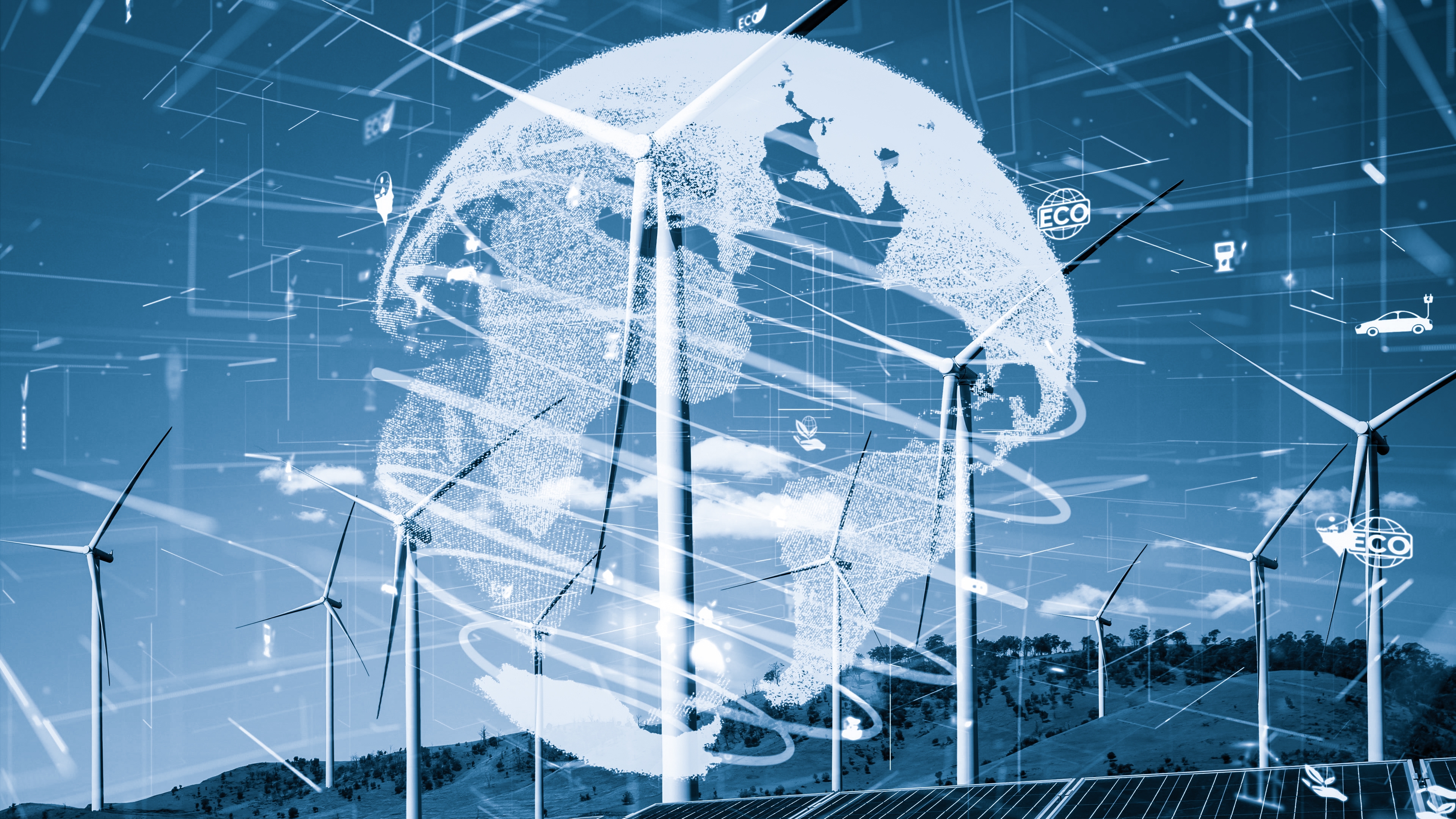
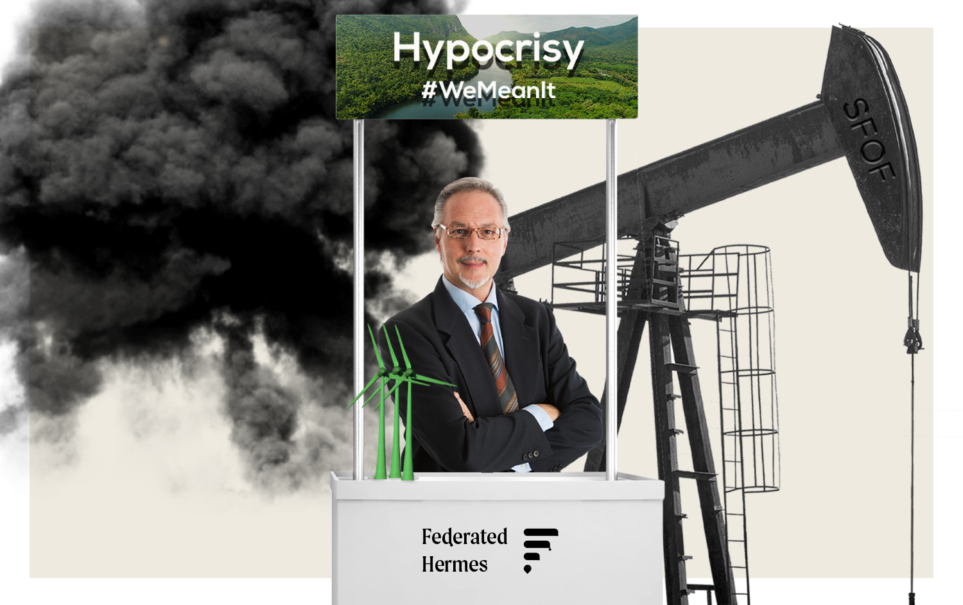
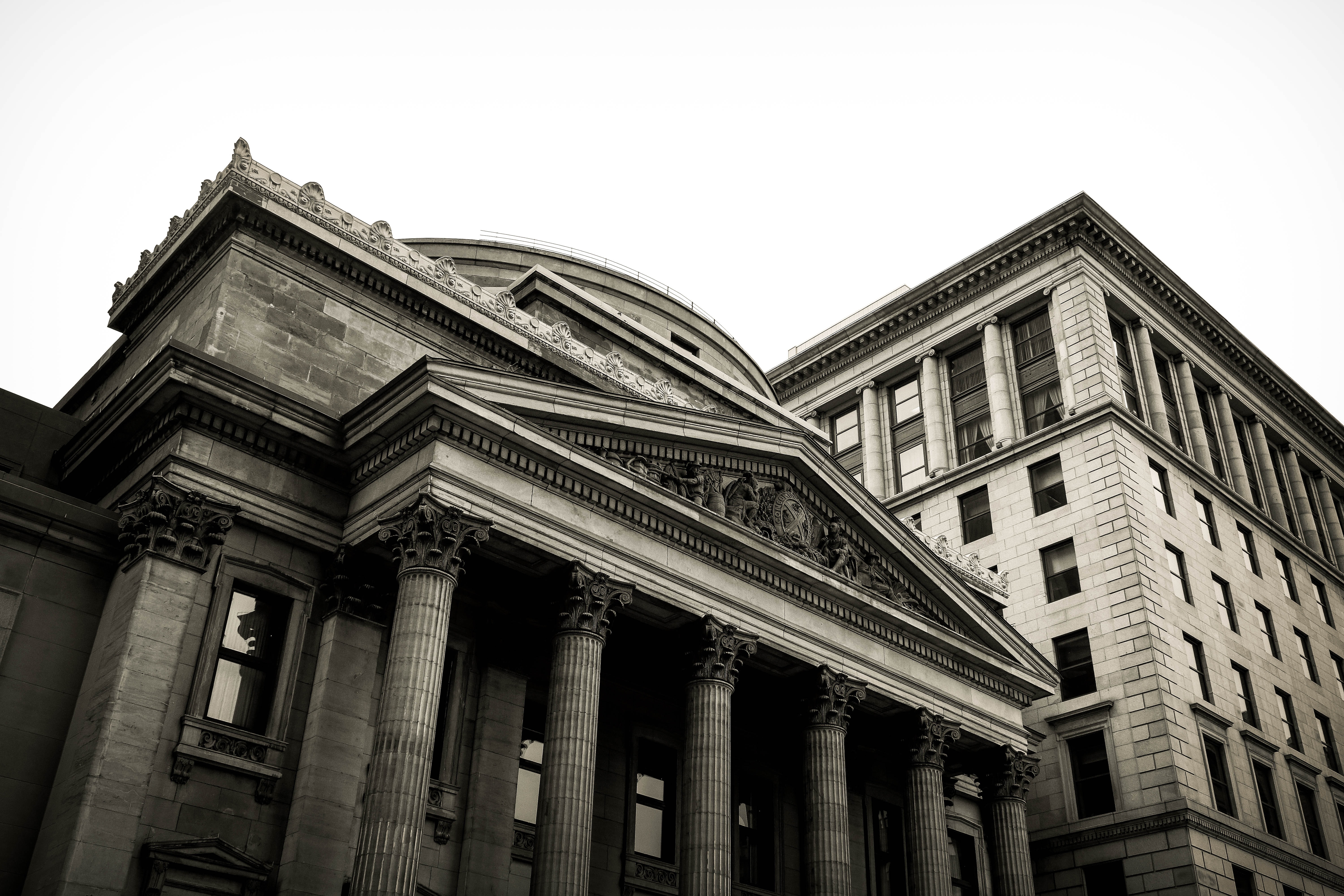
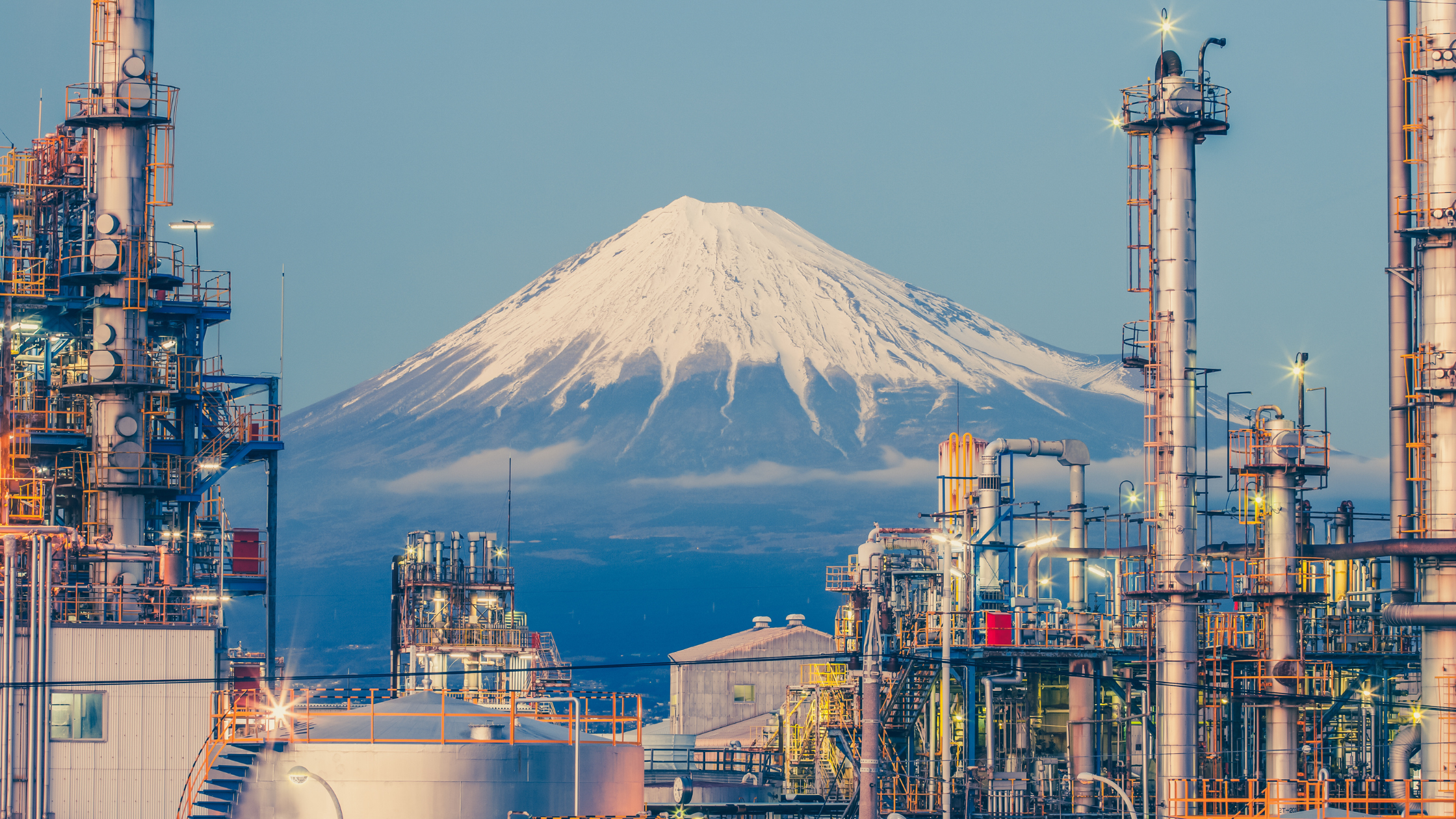

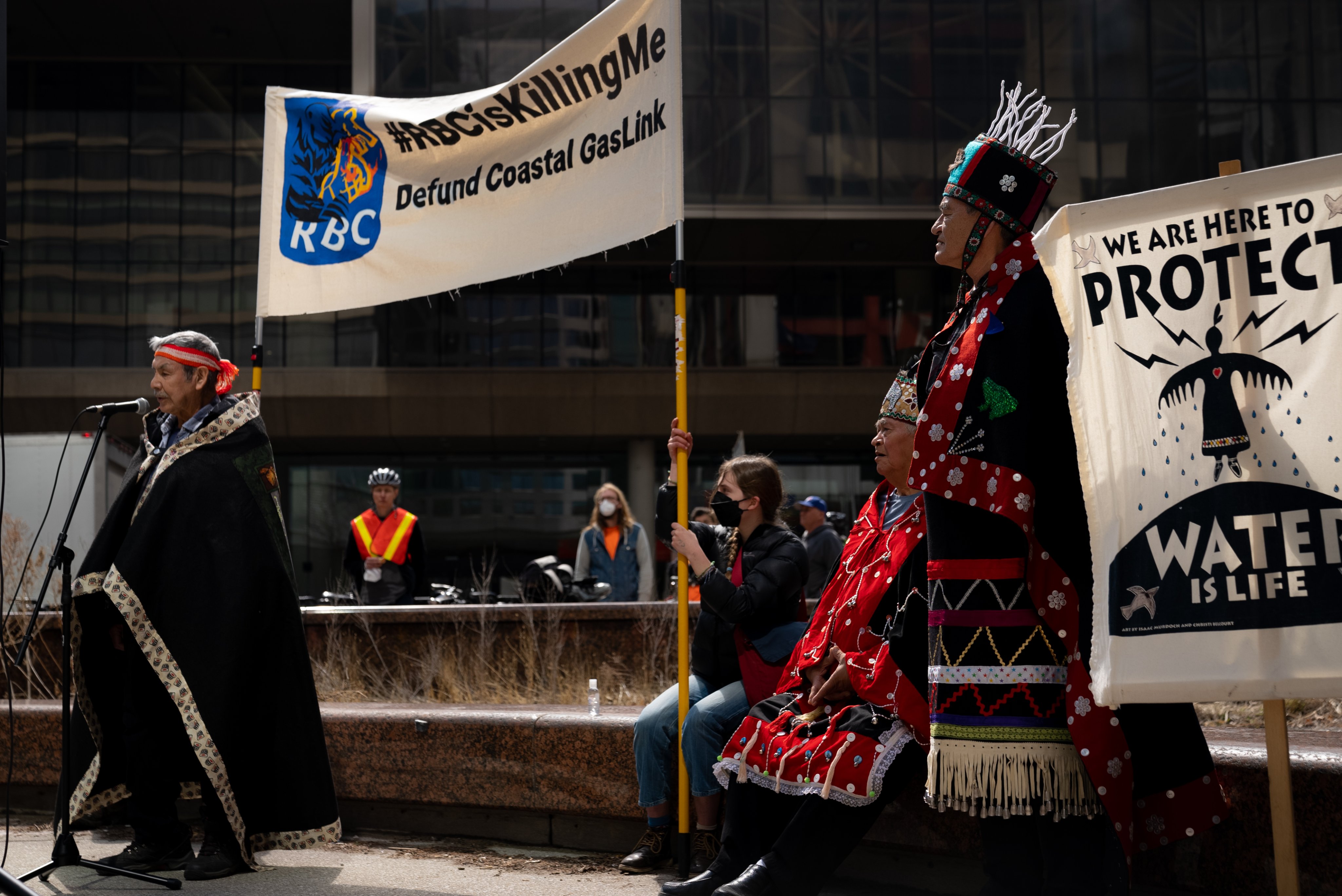




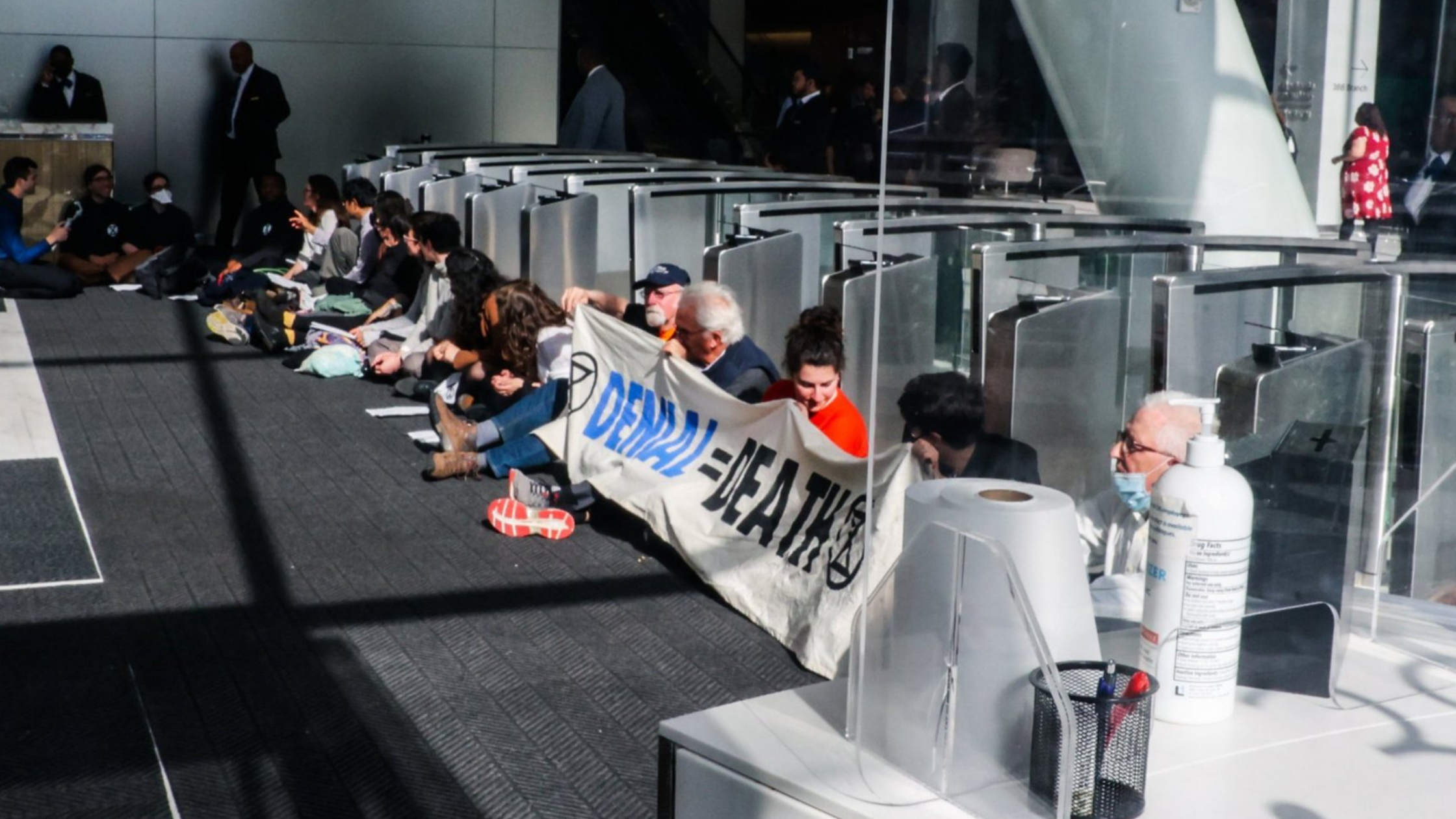




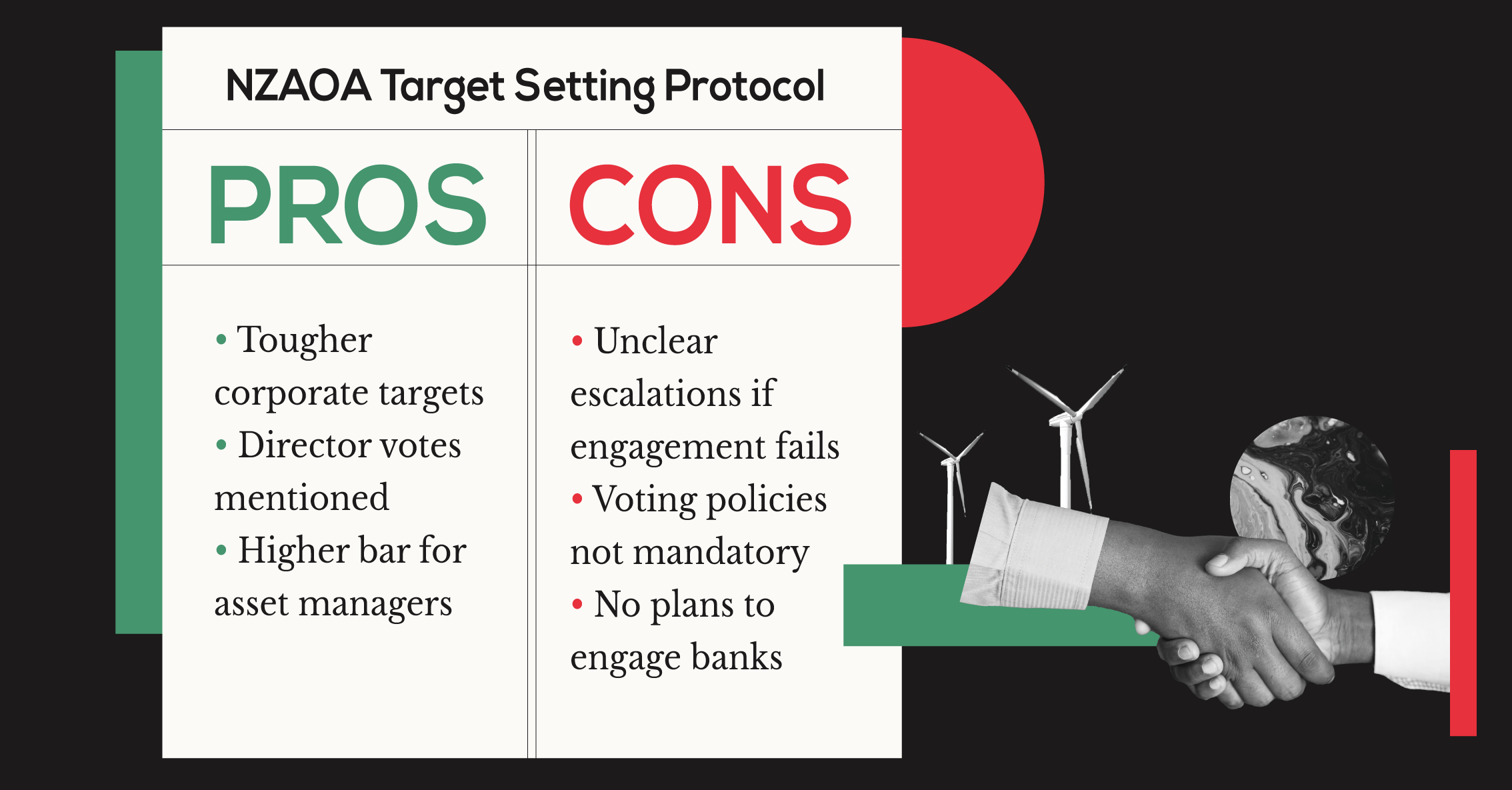
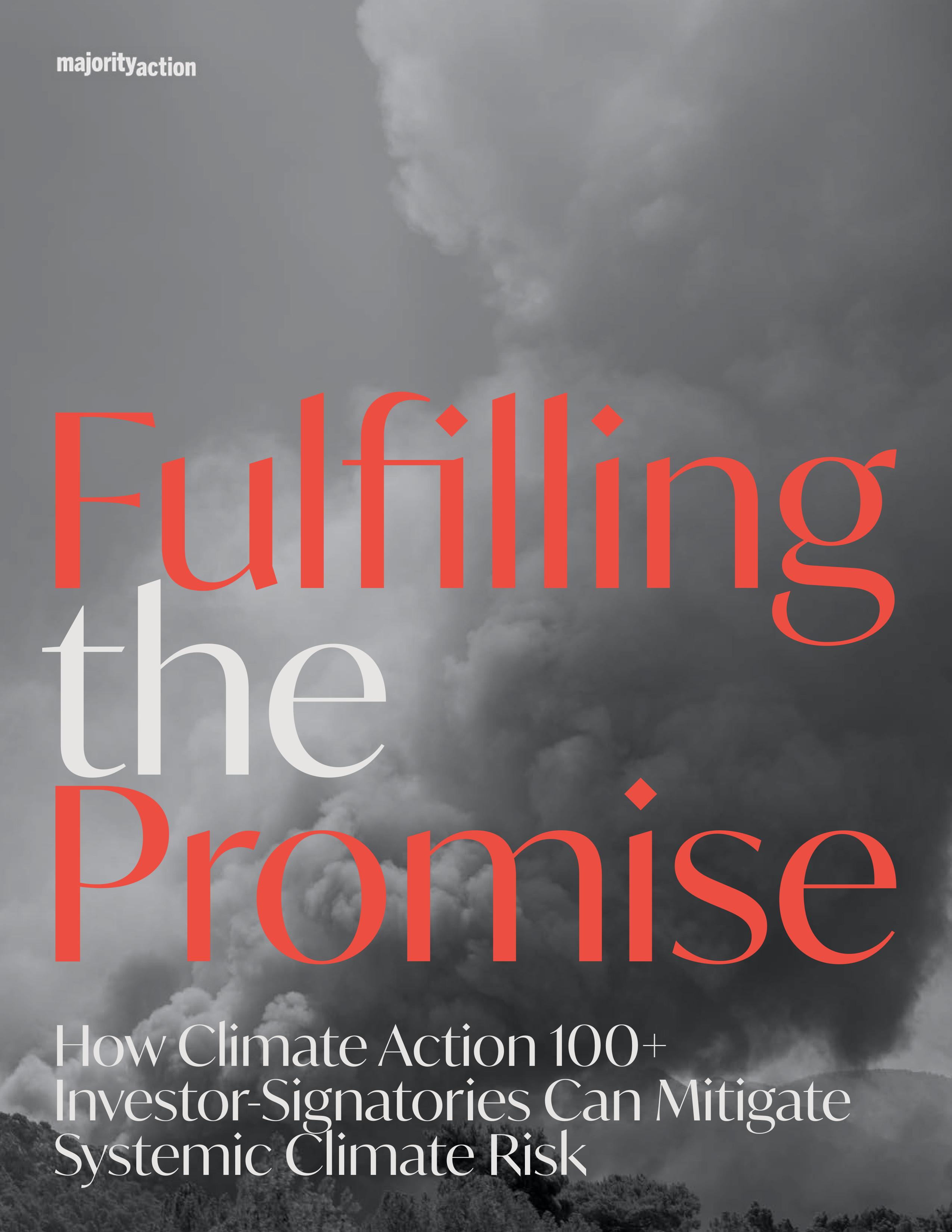
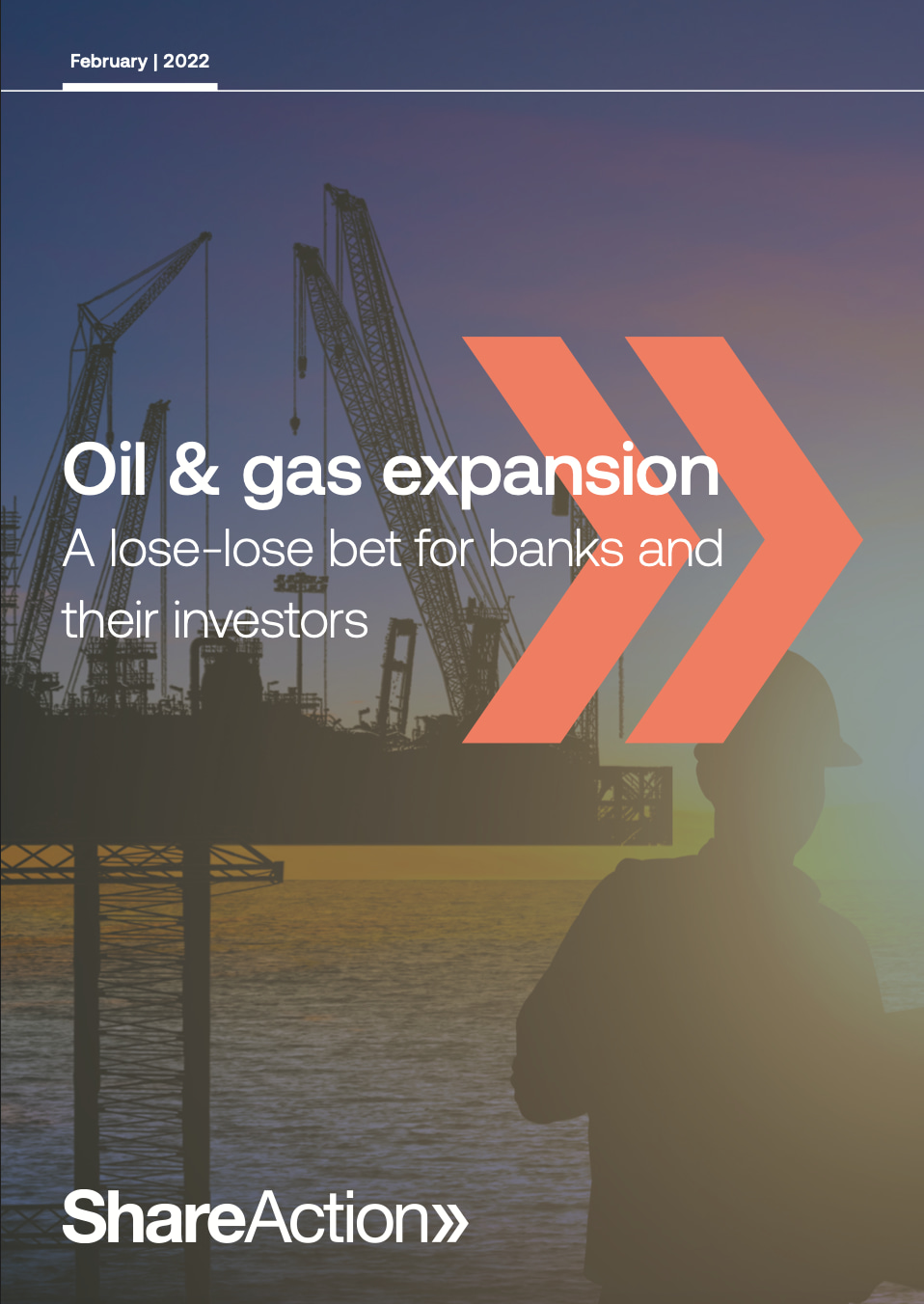

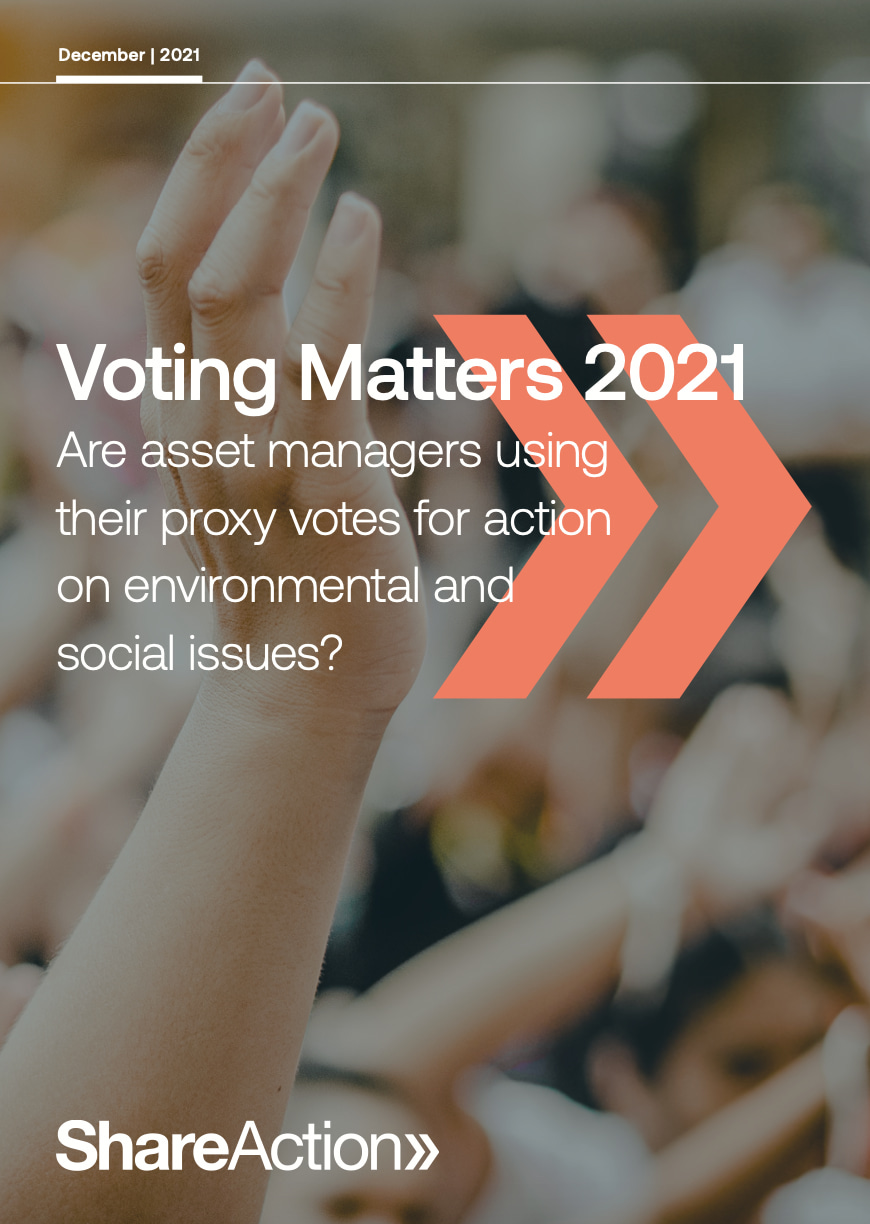
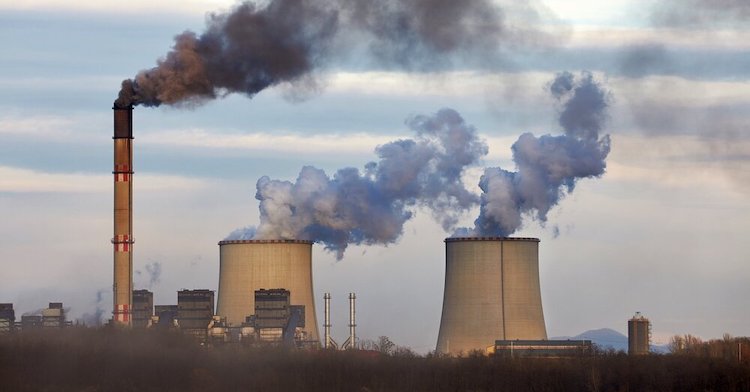
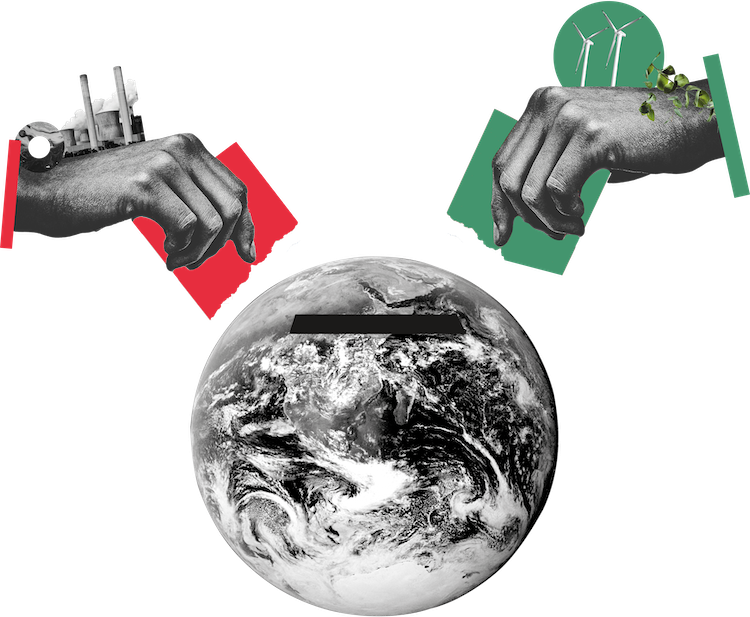

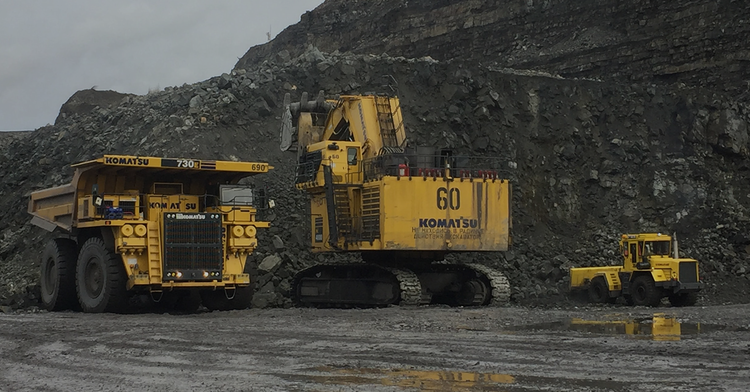
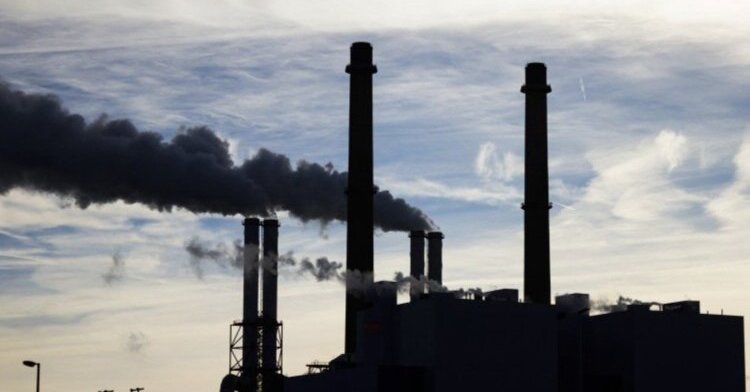
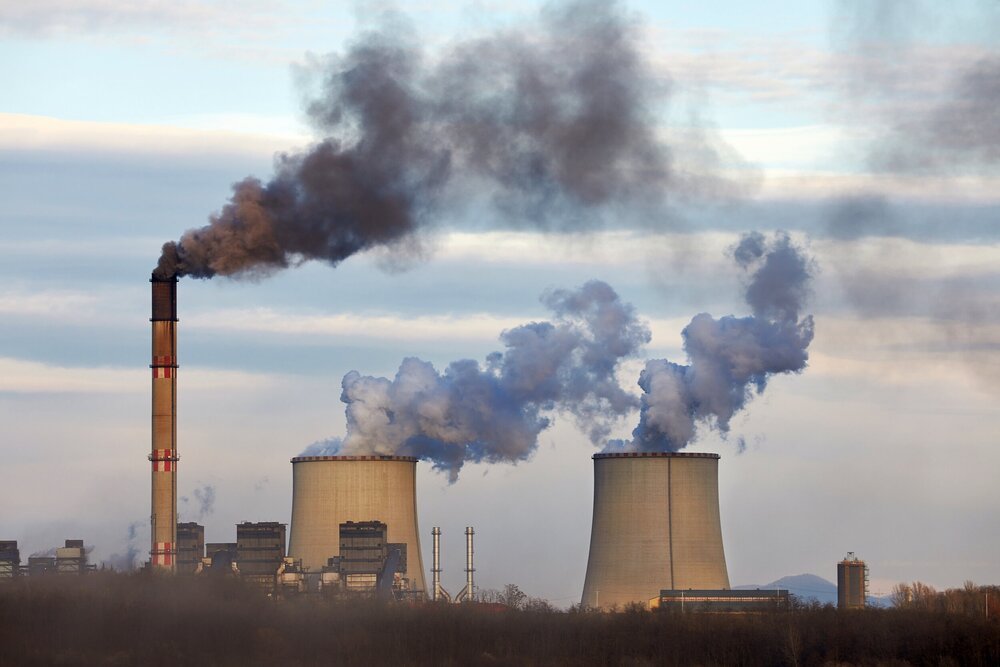
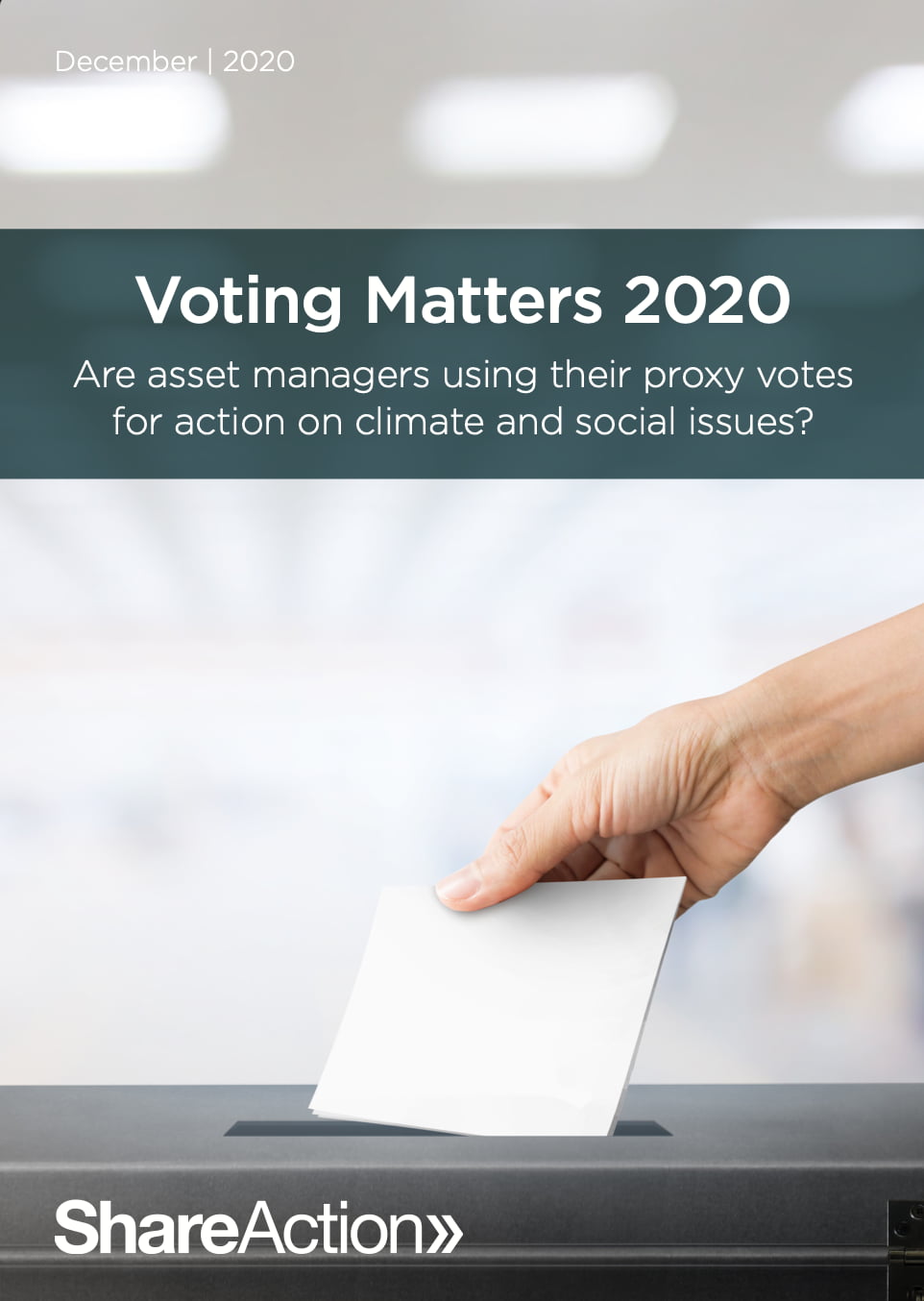
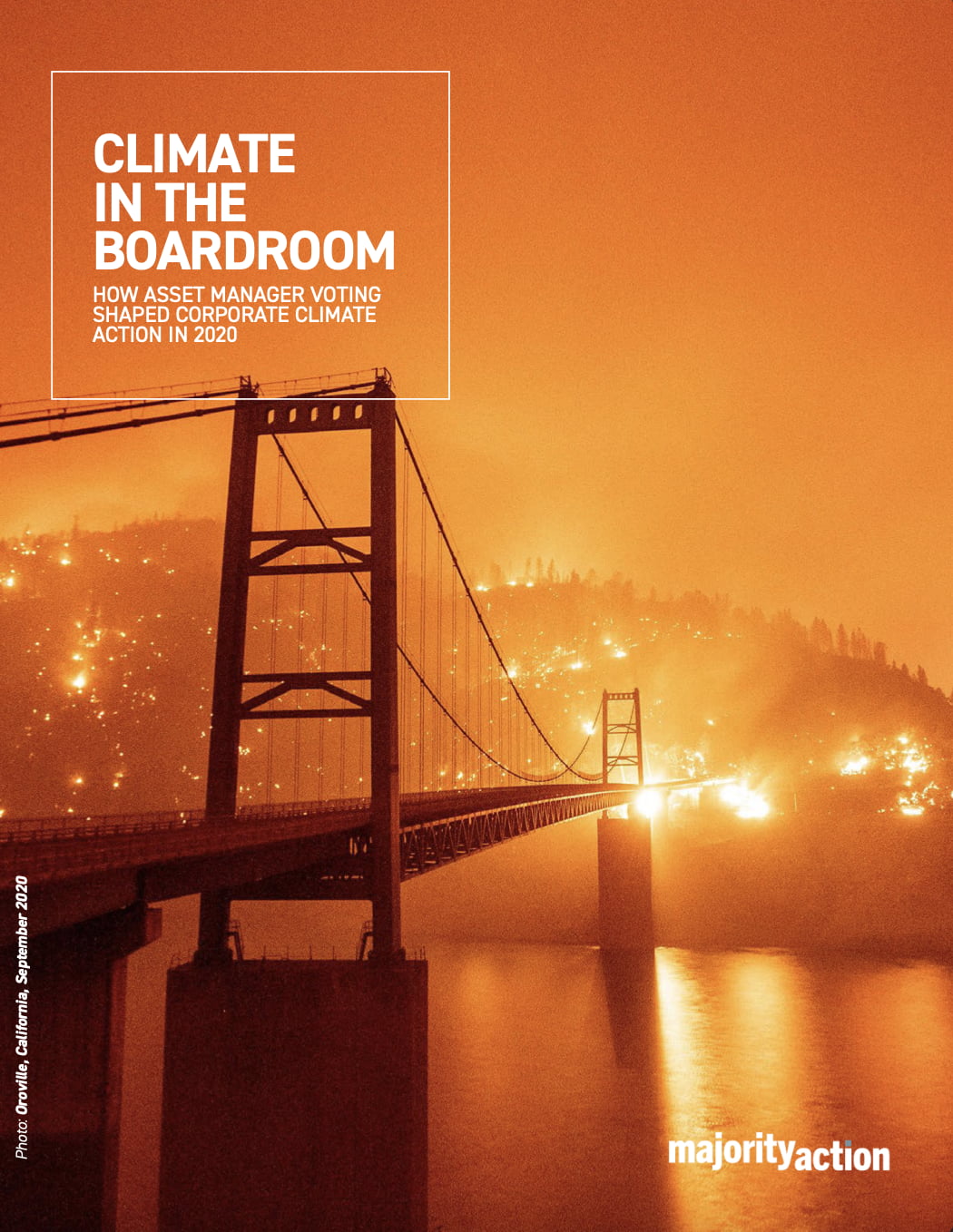
Share